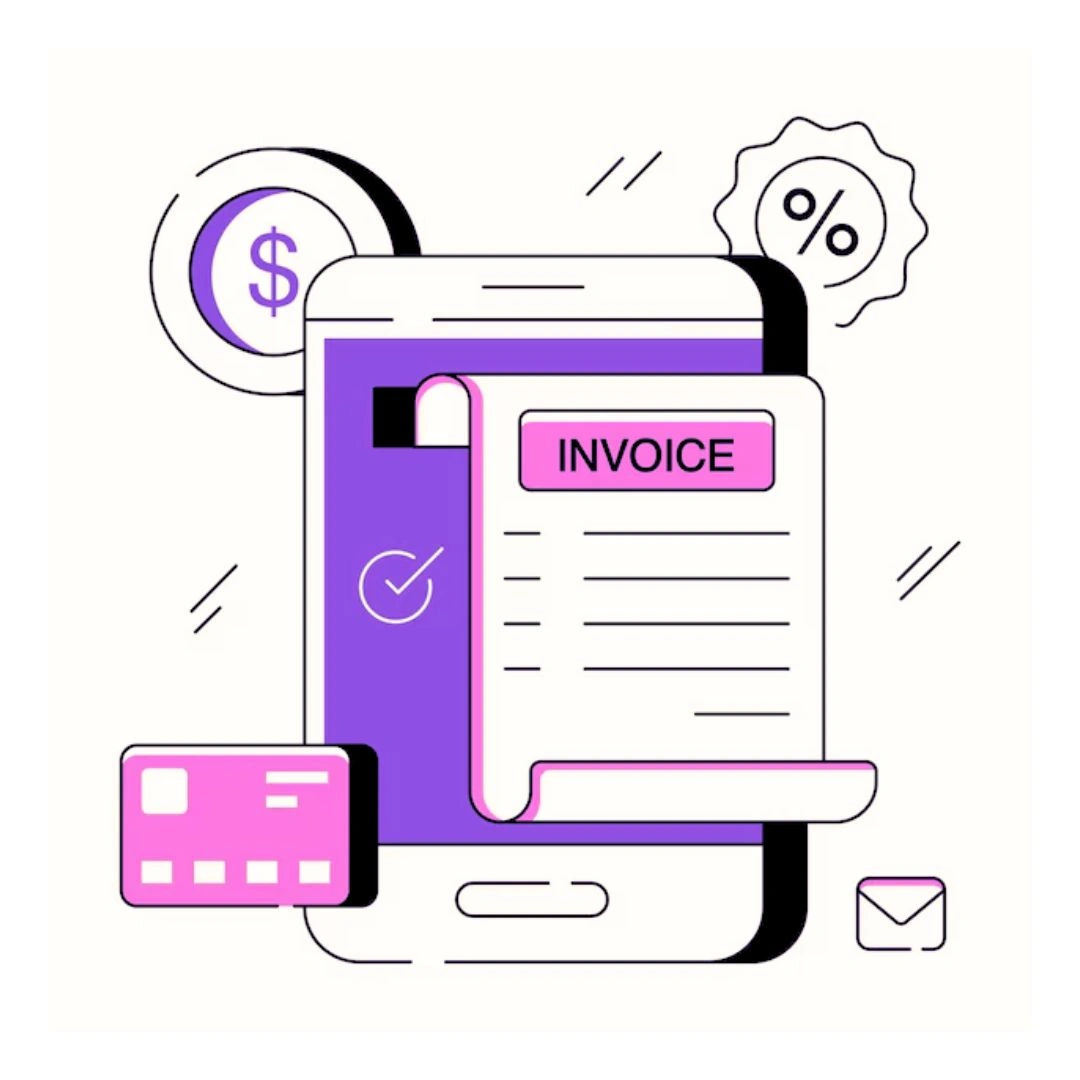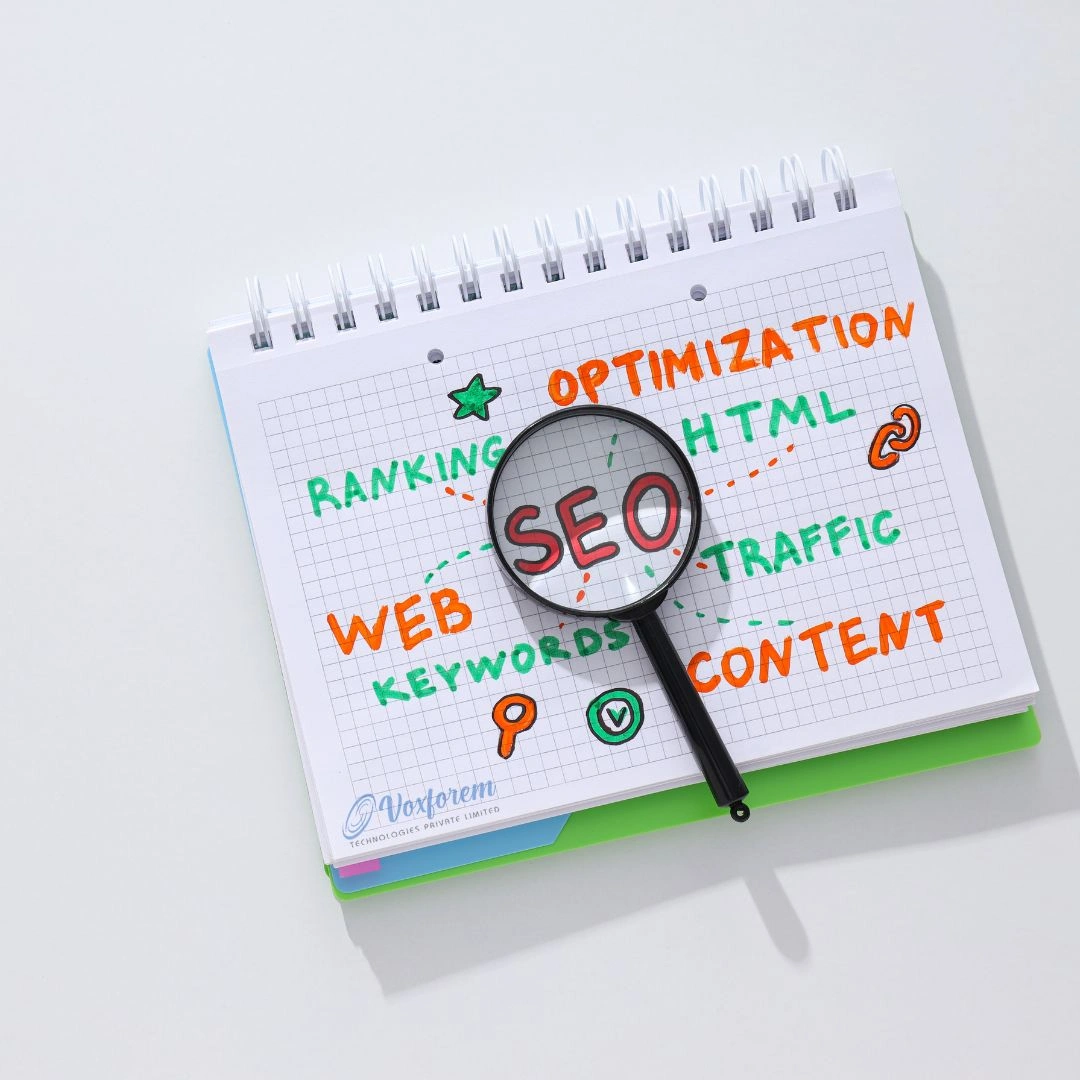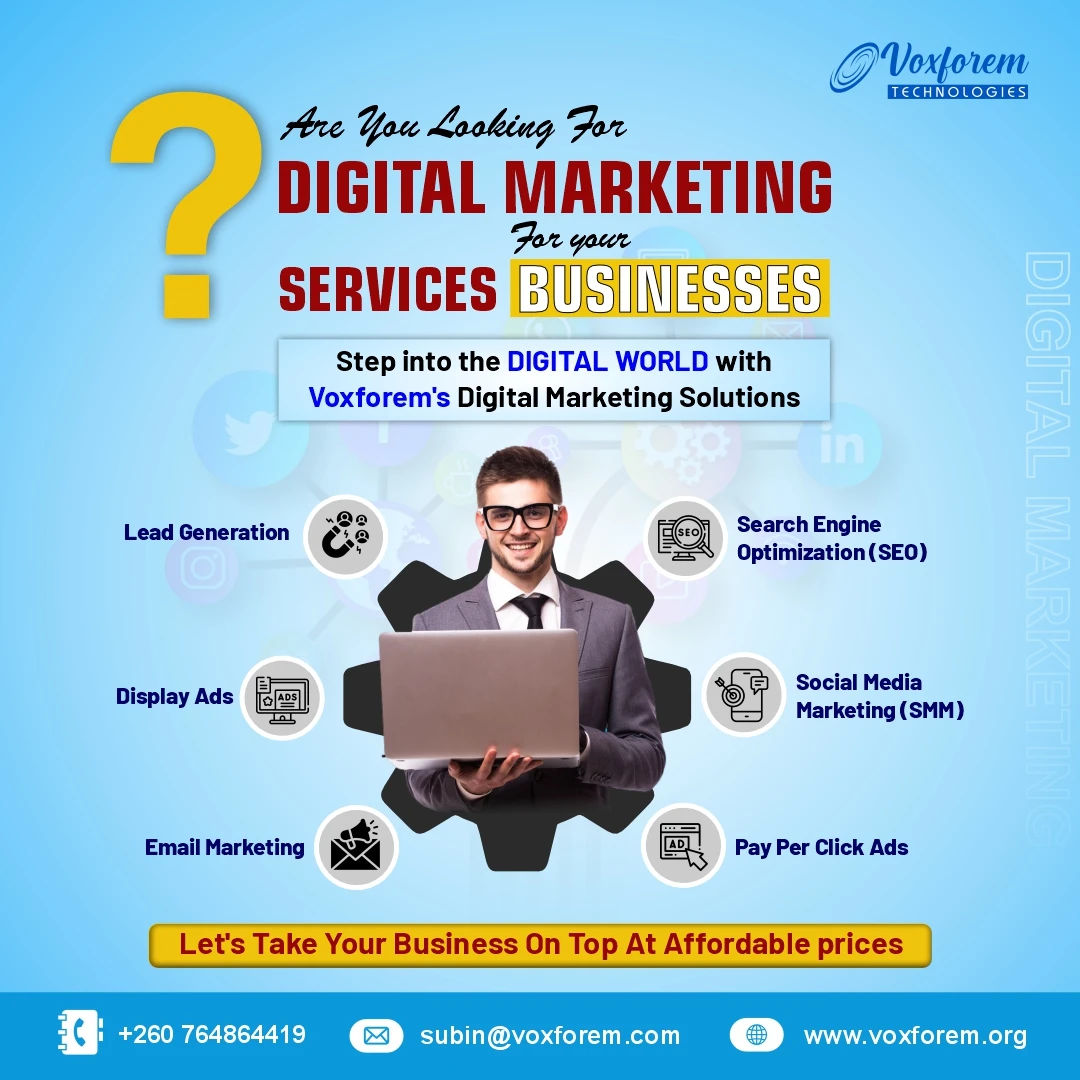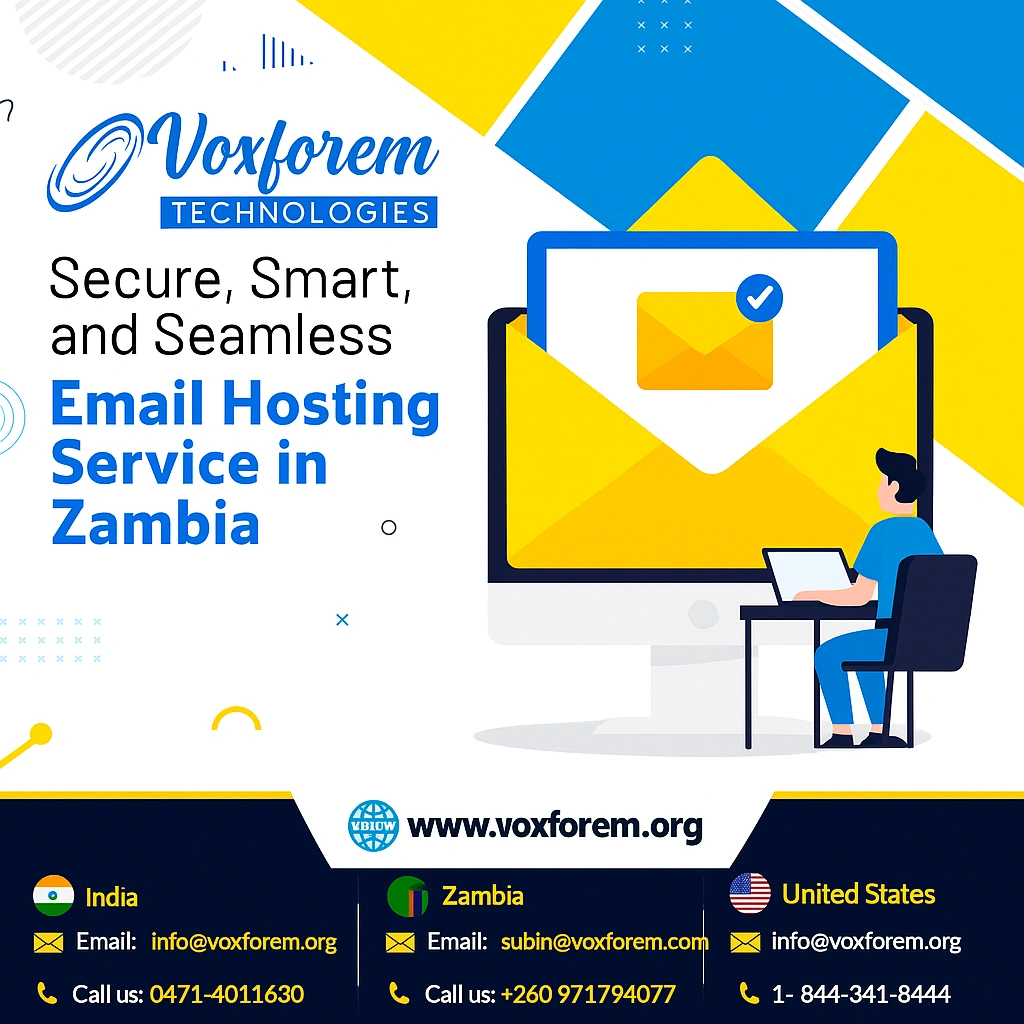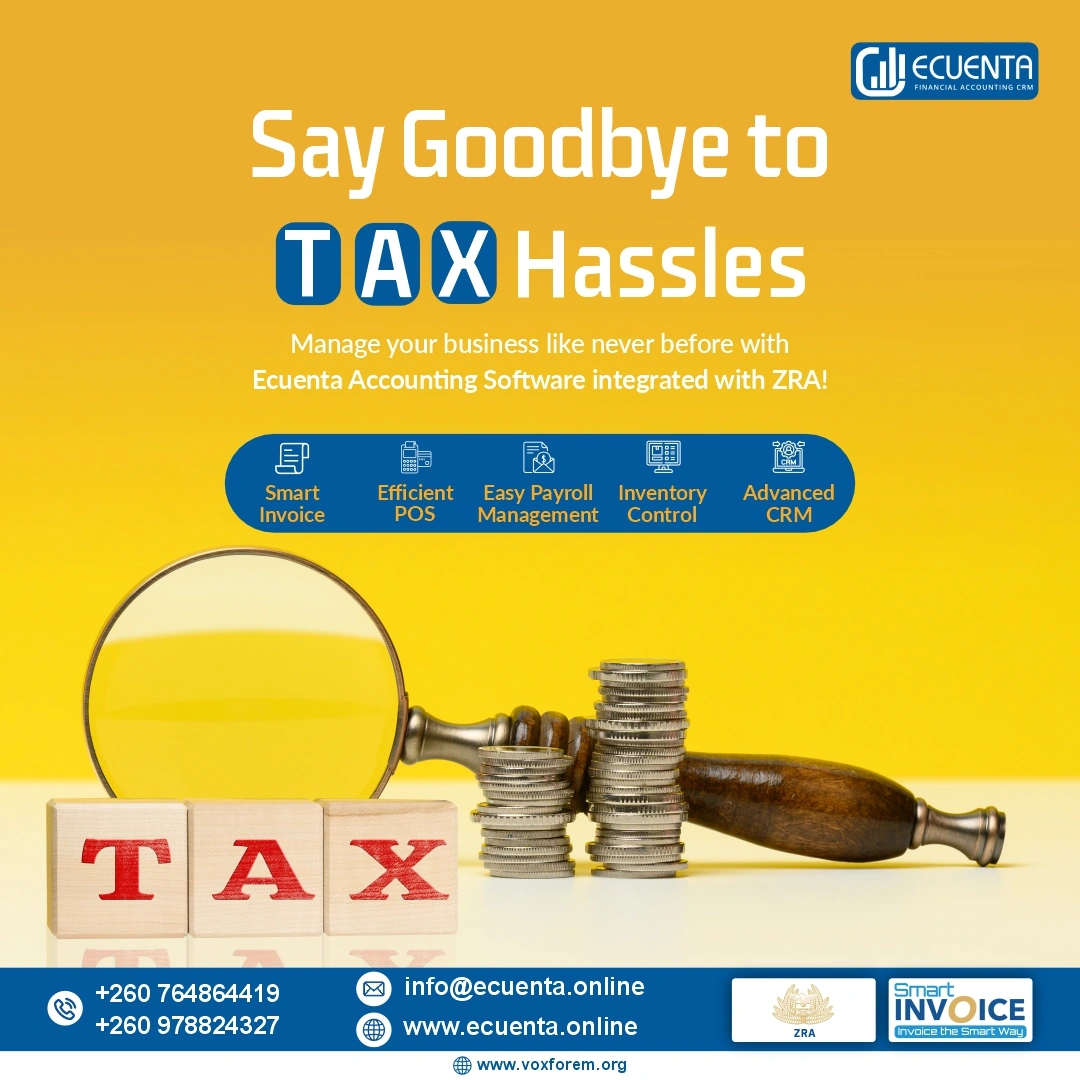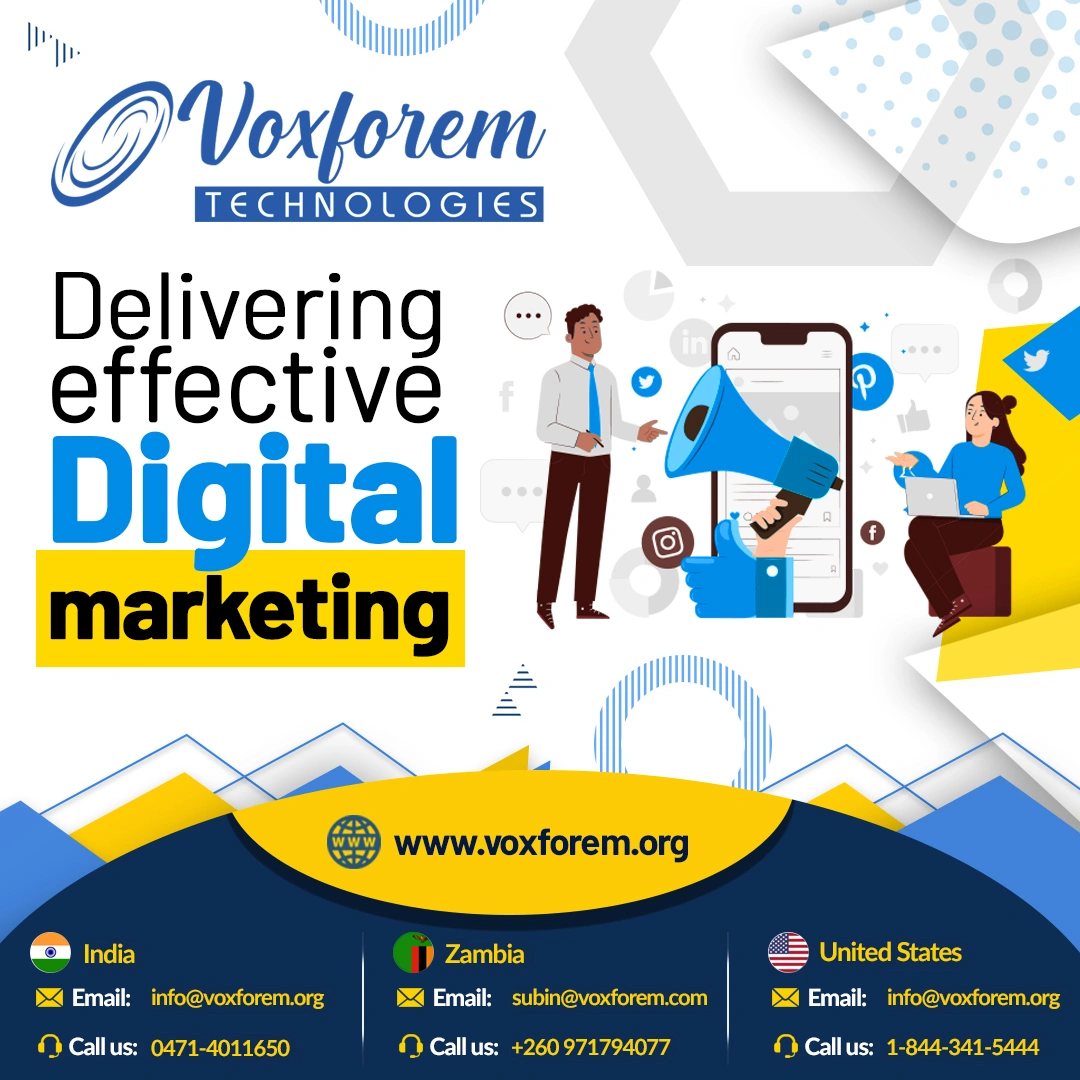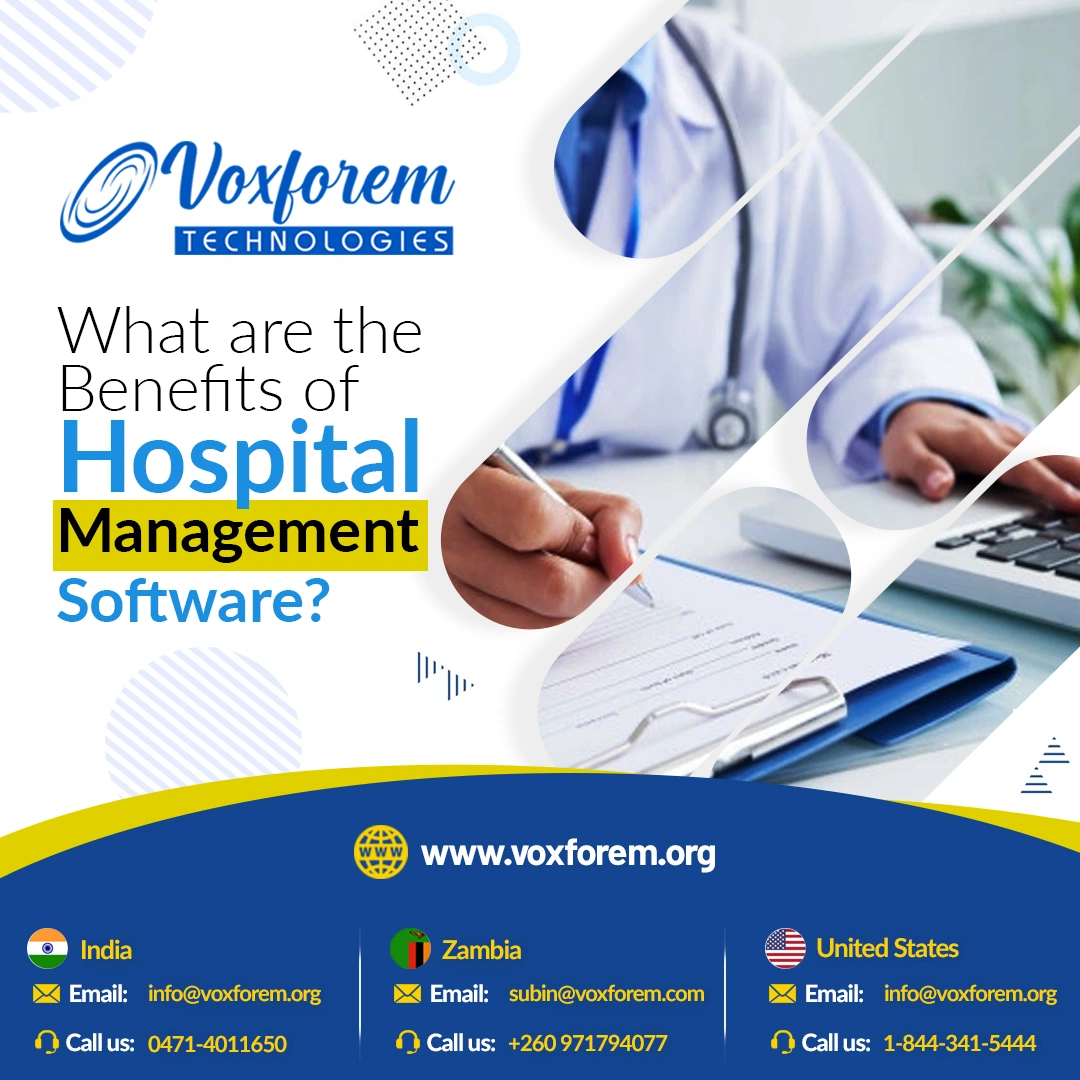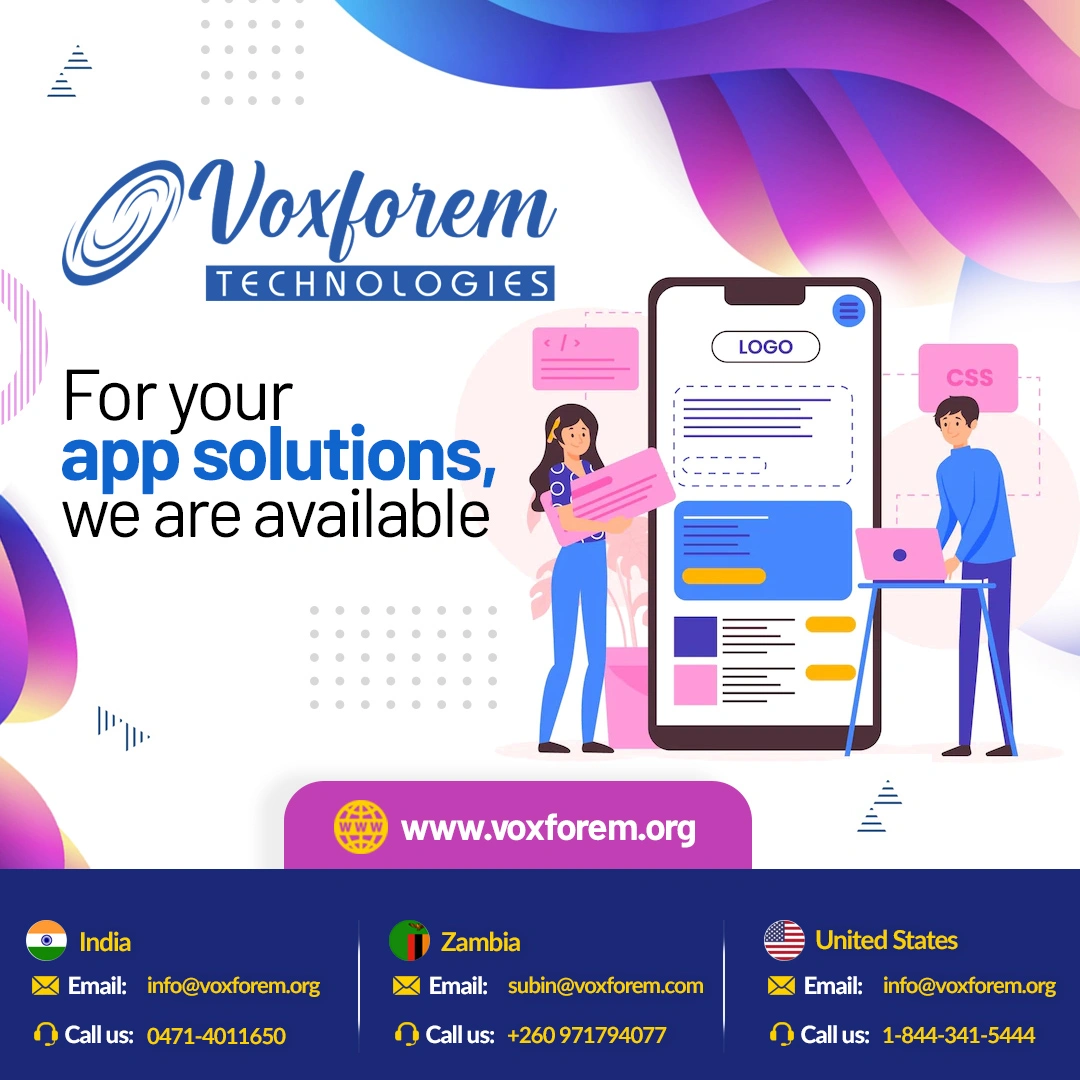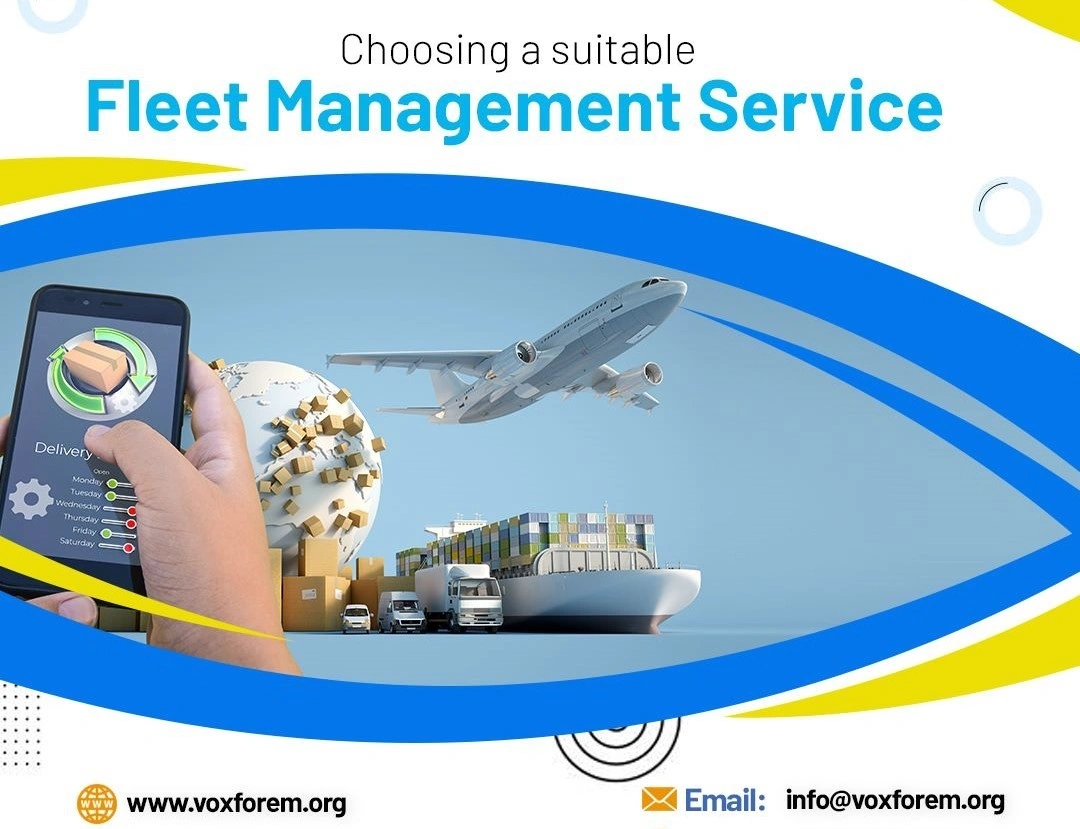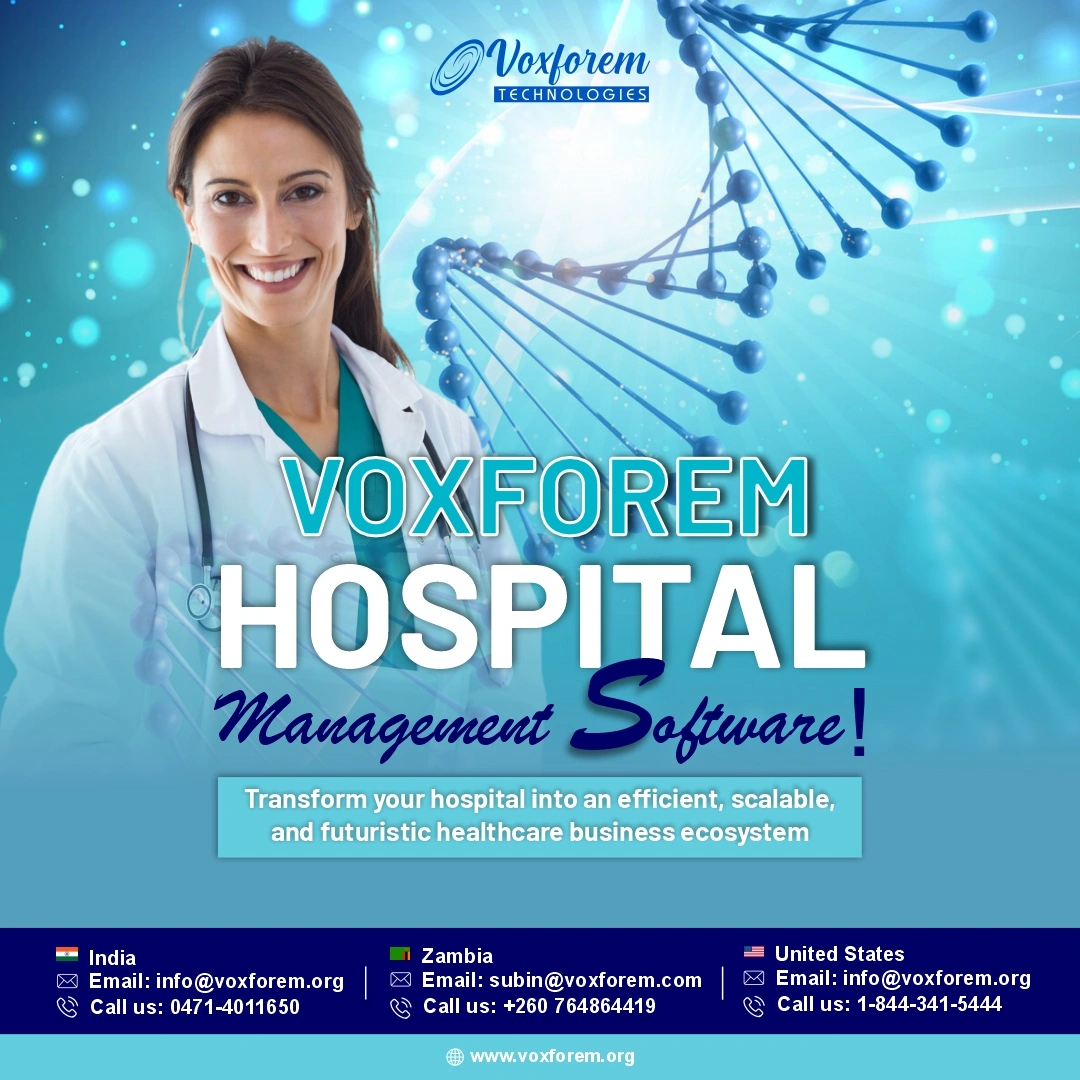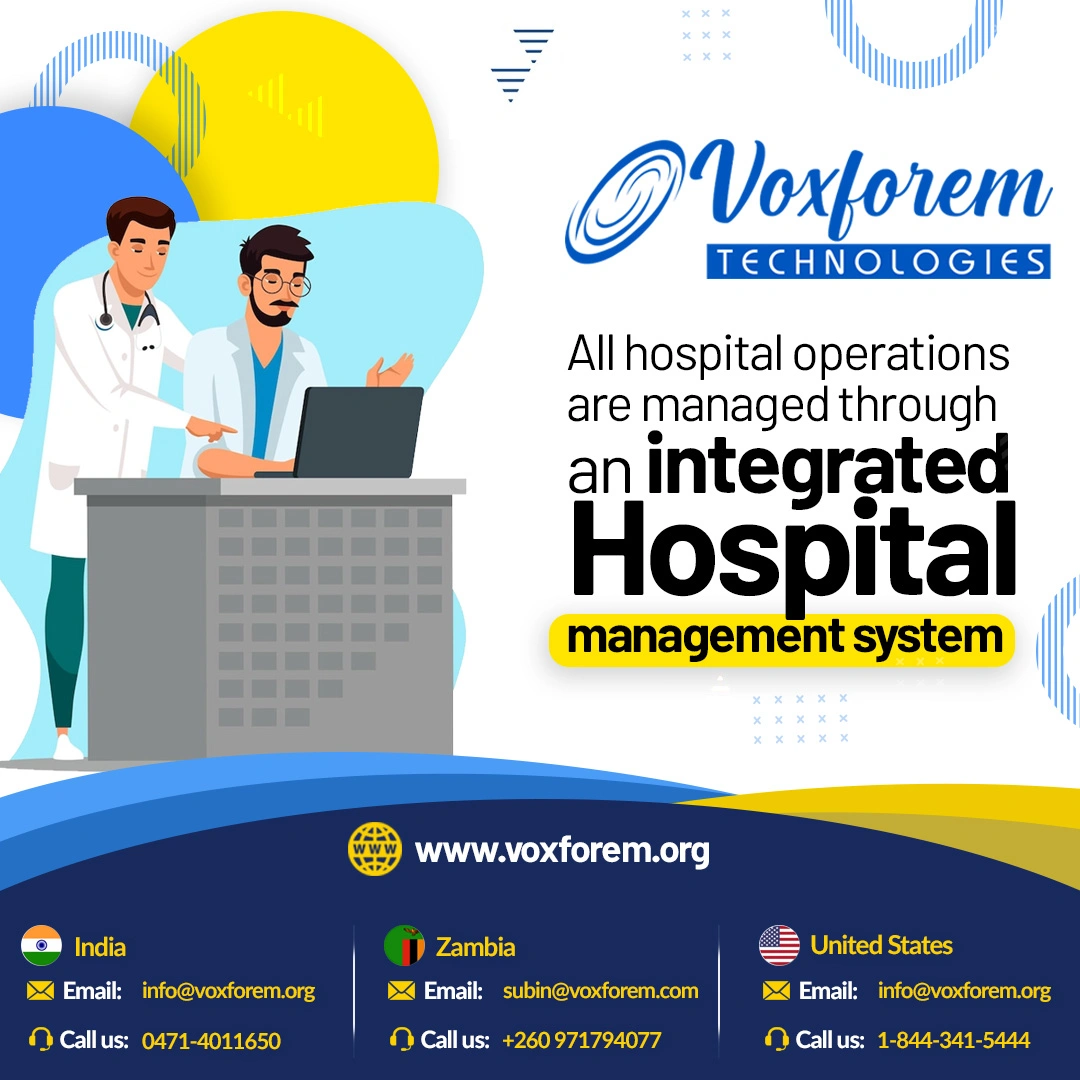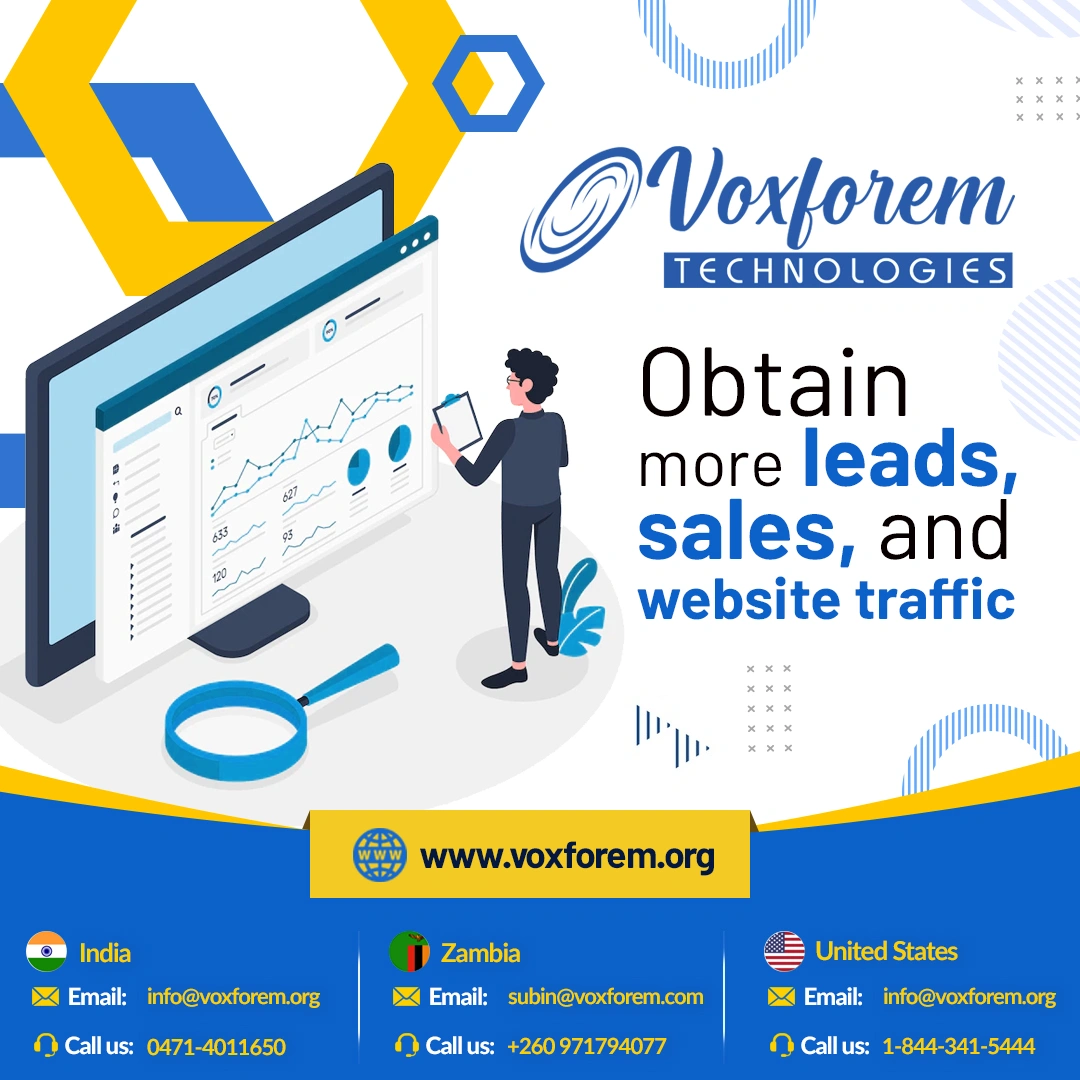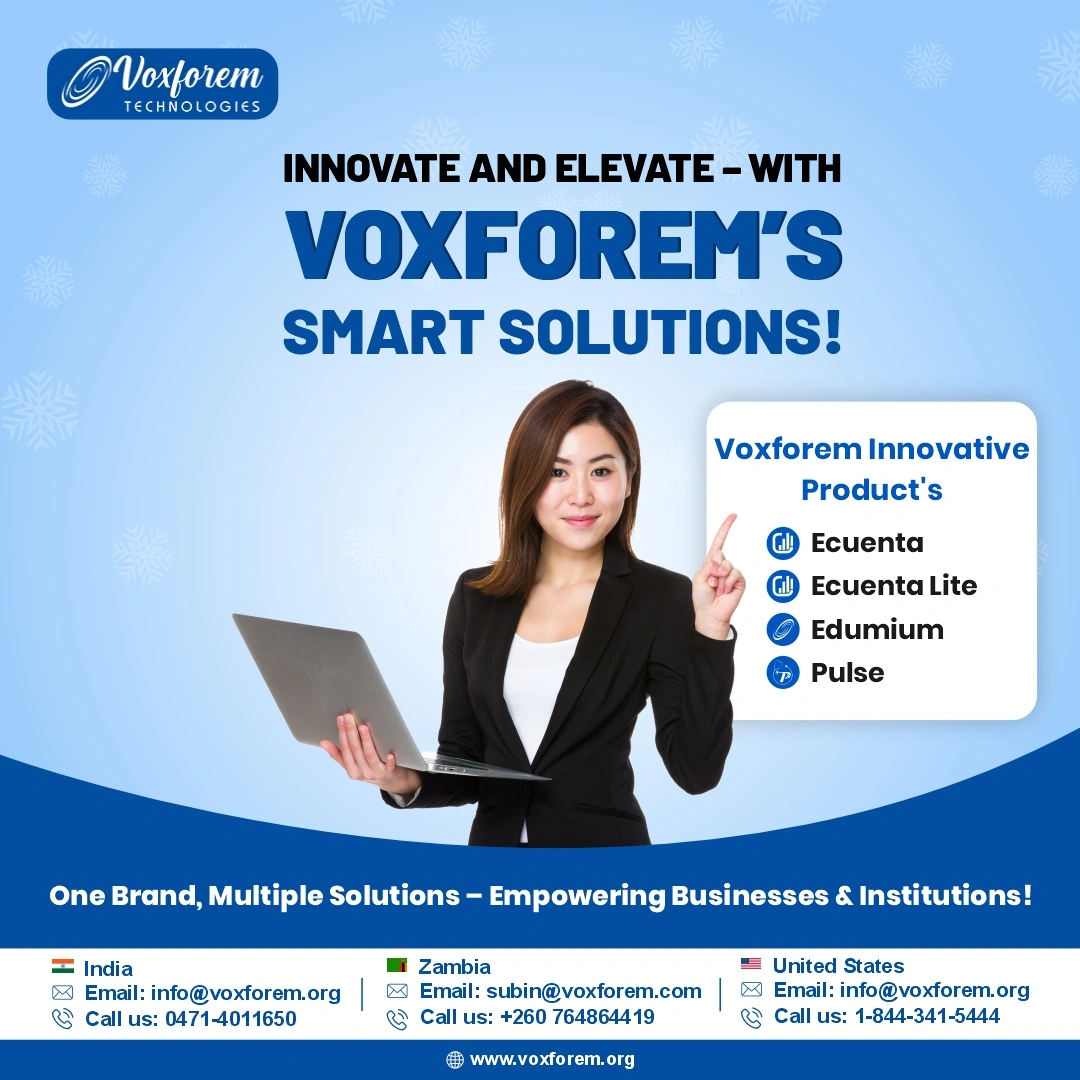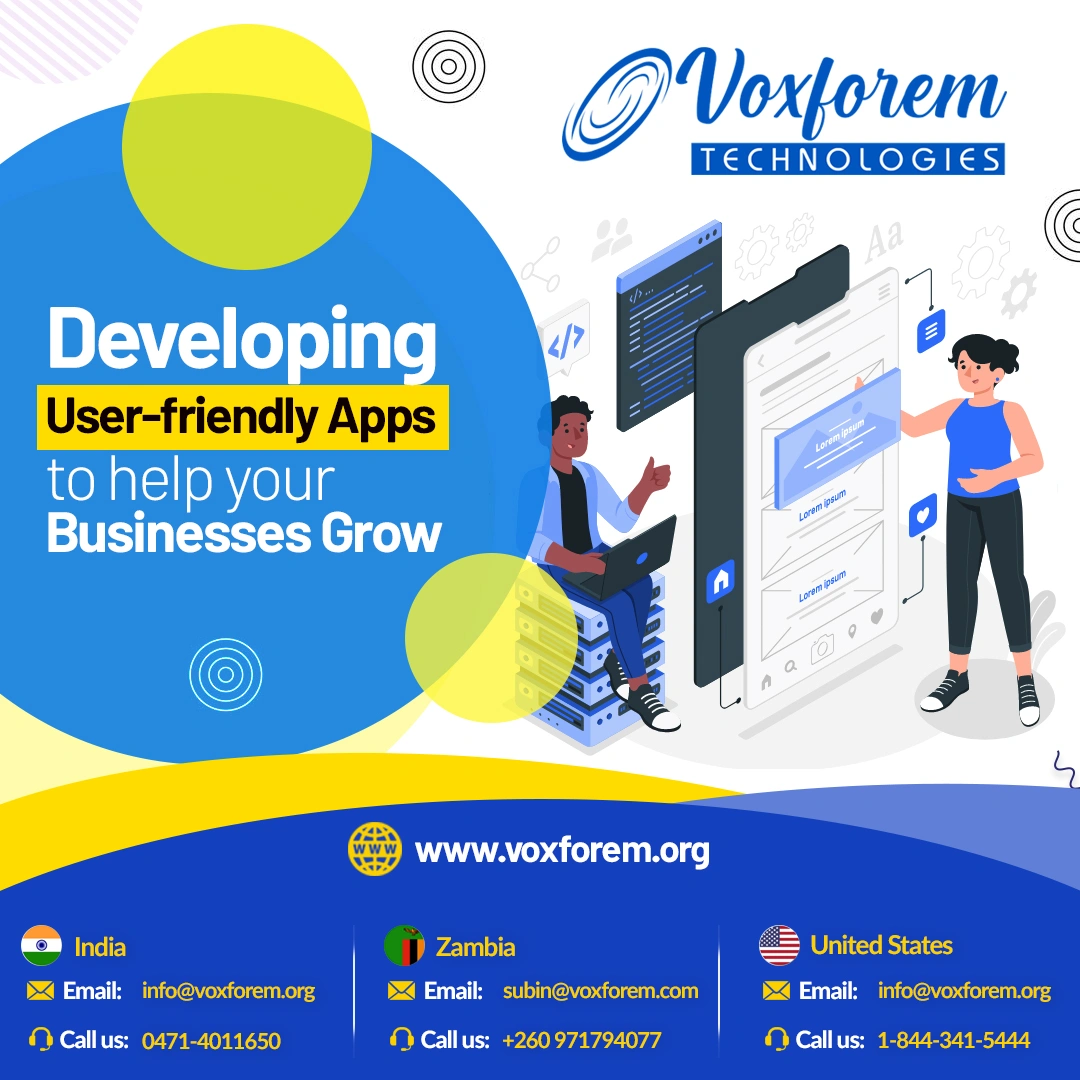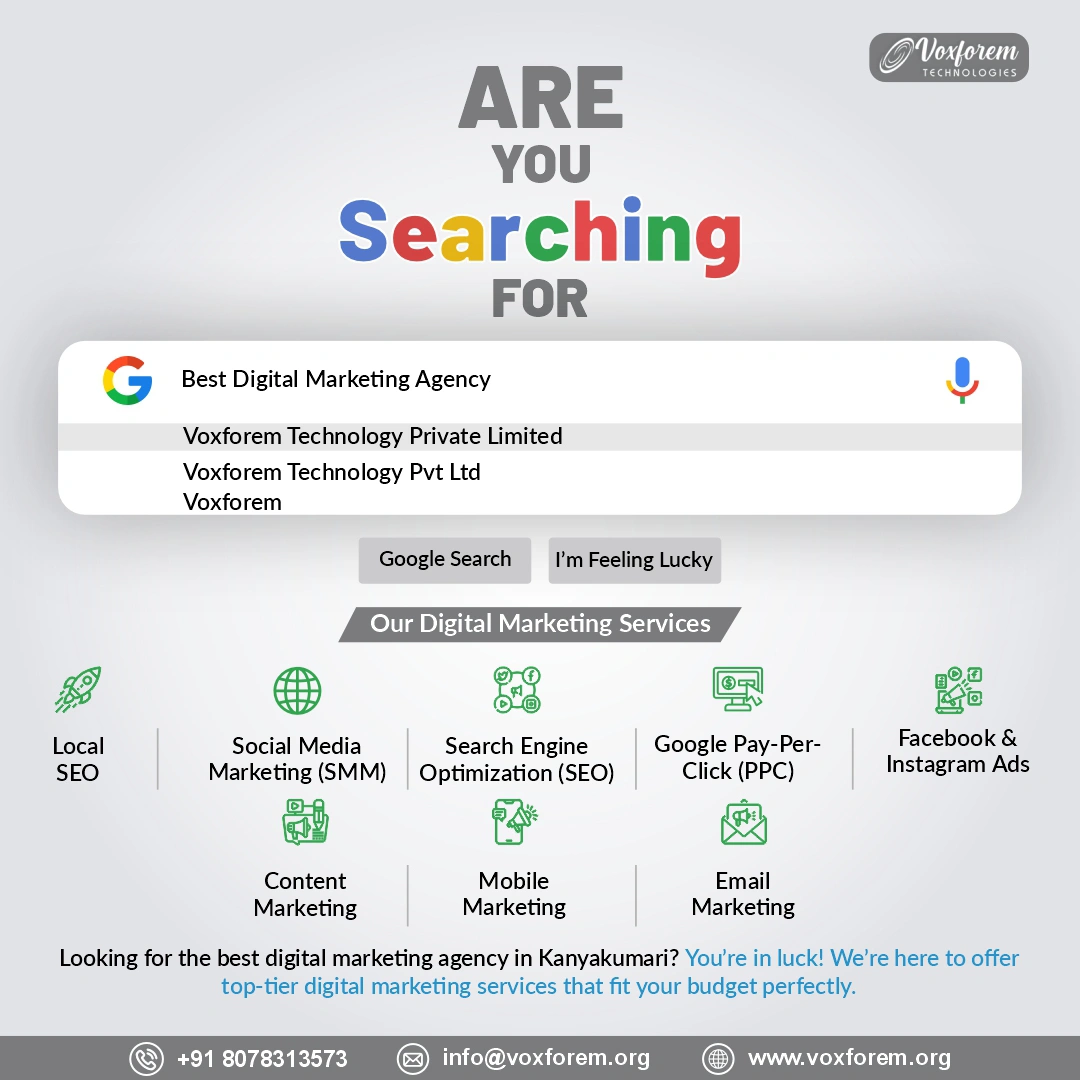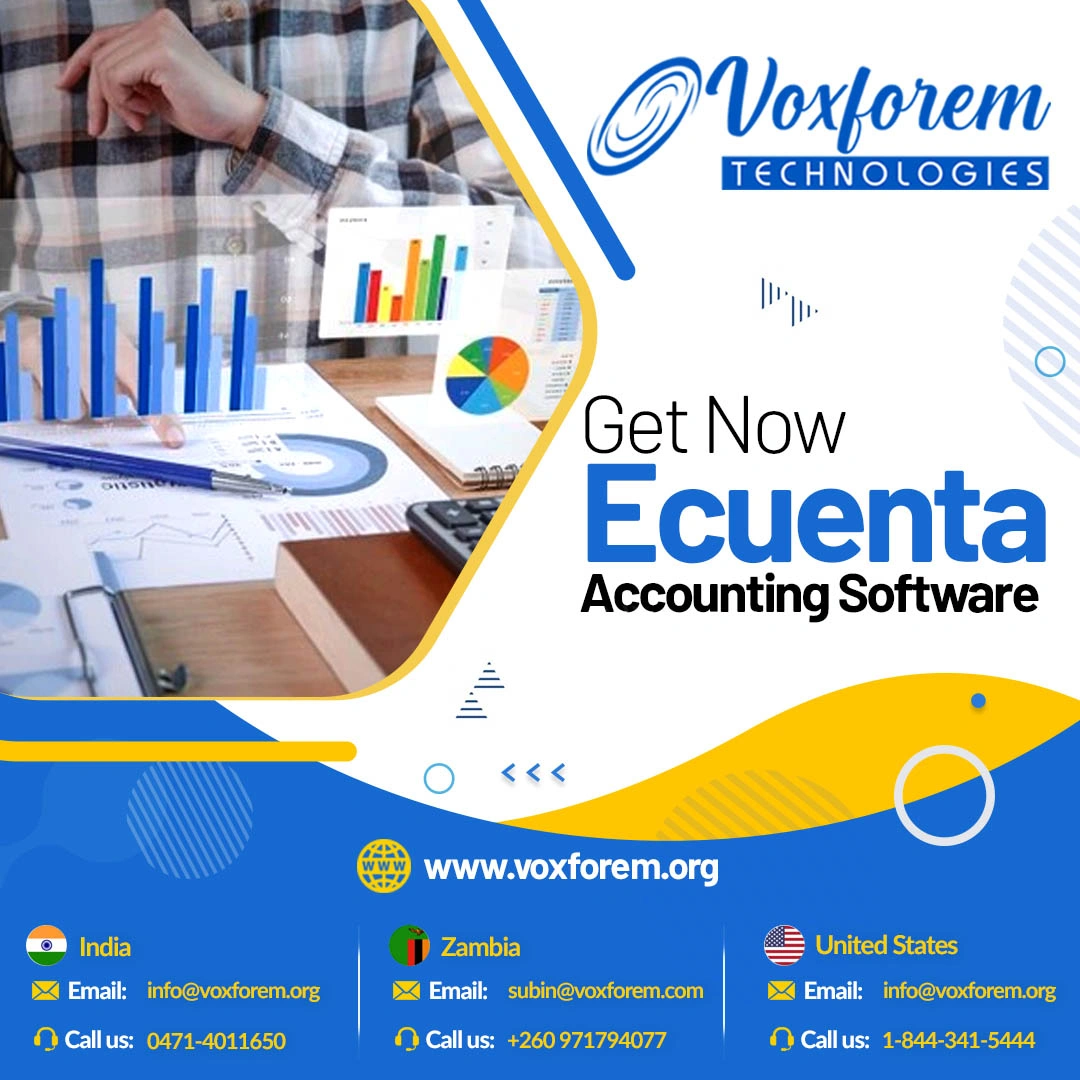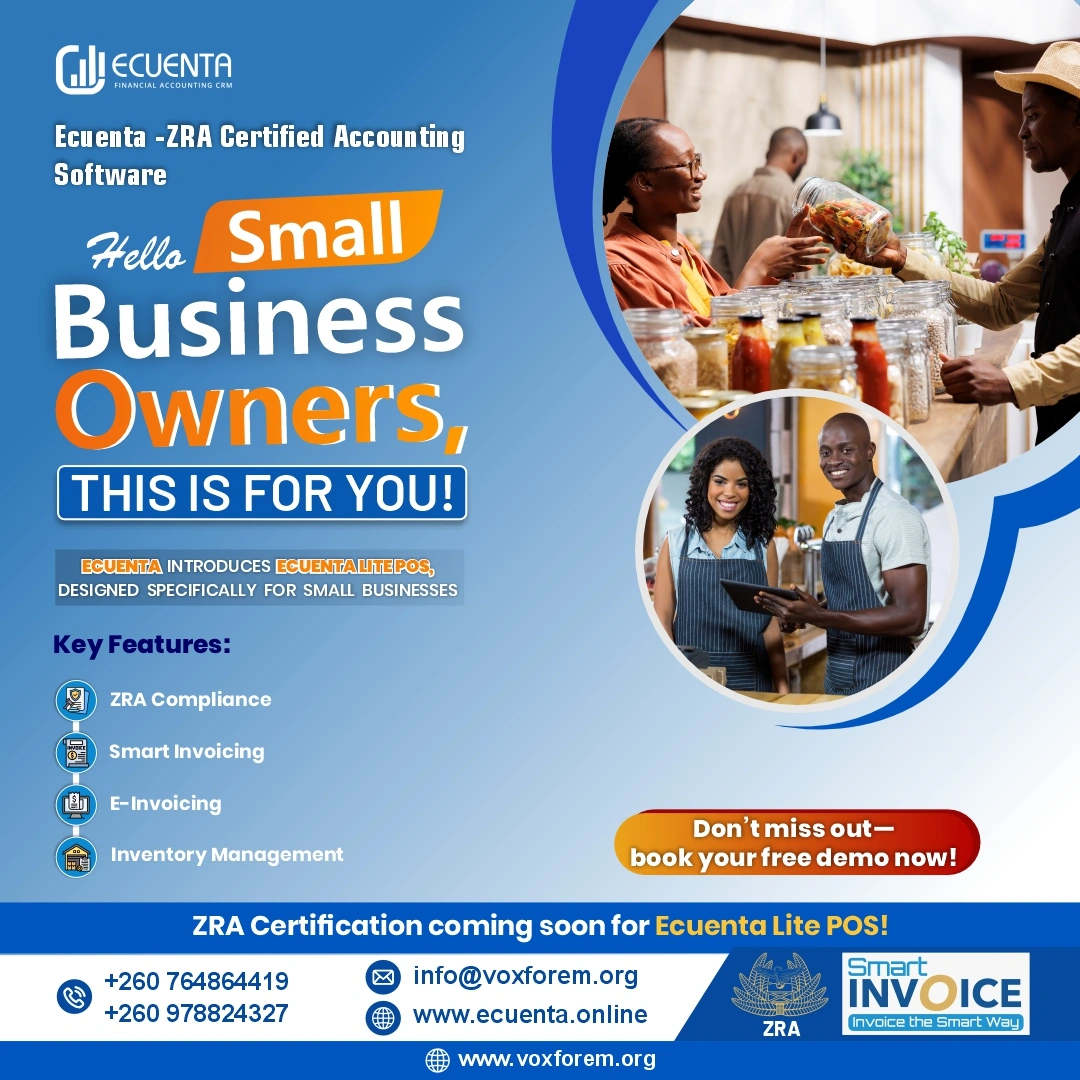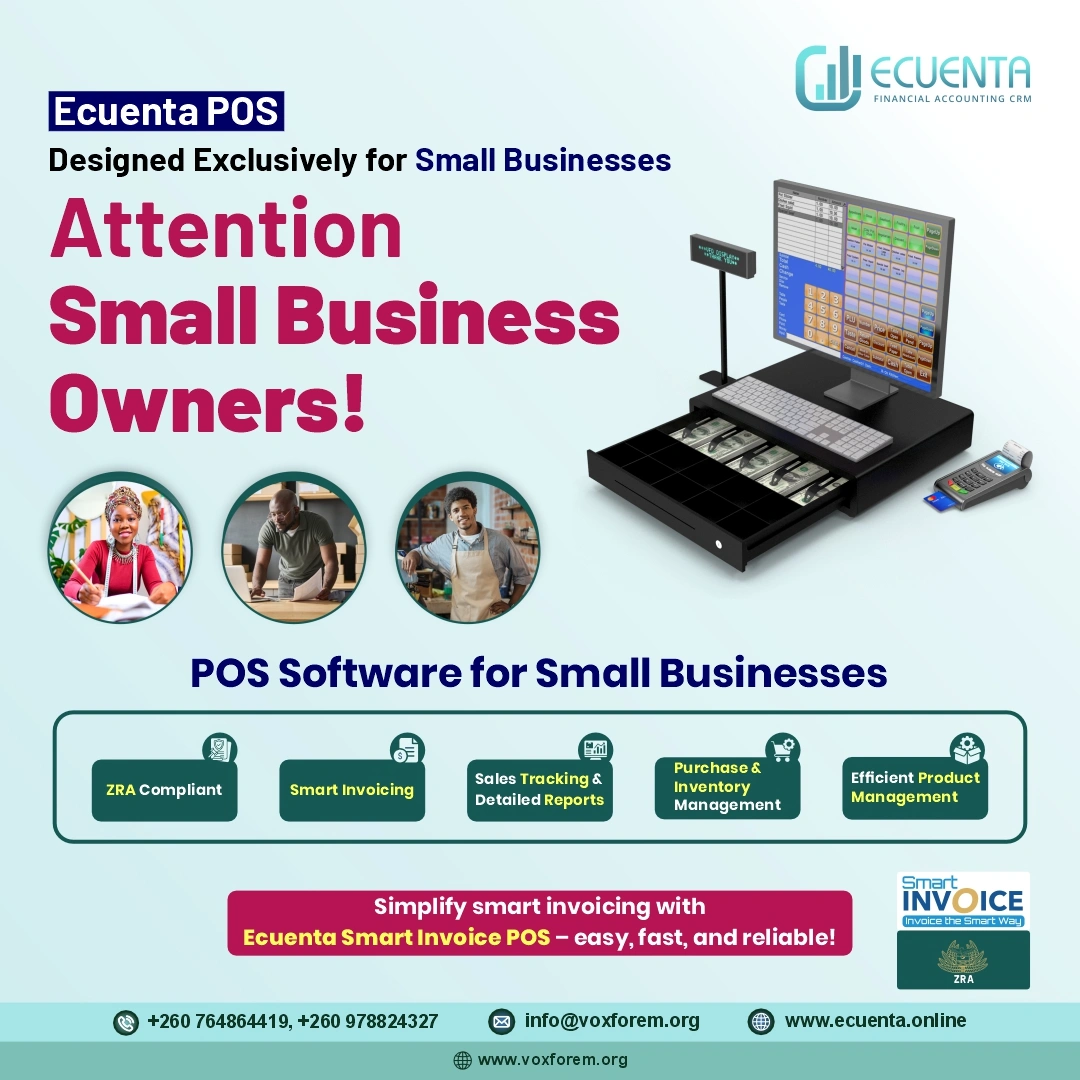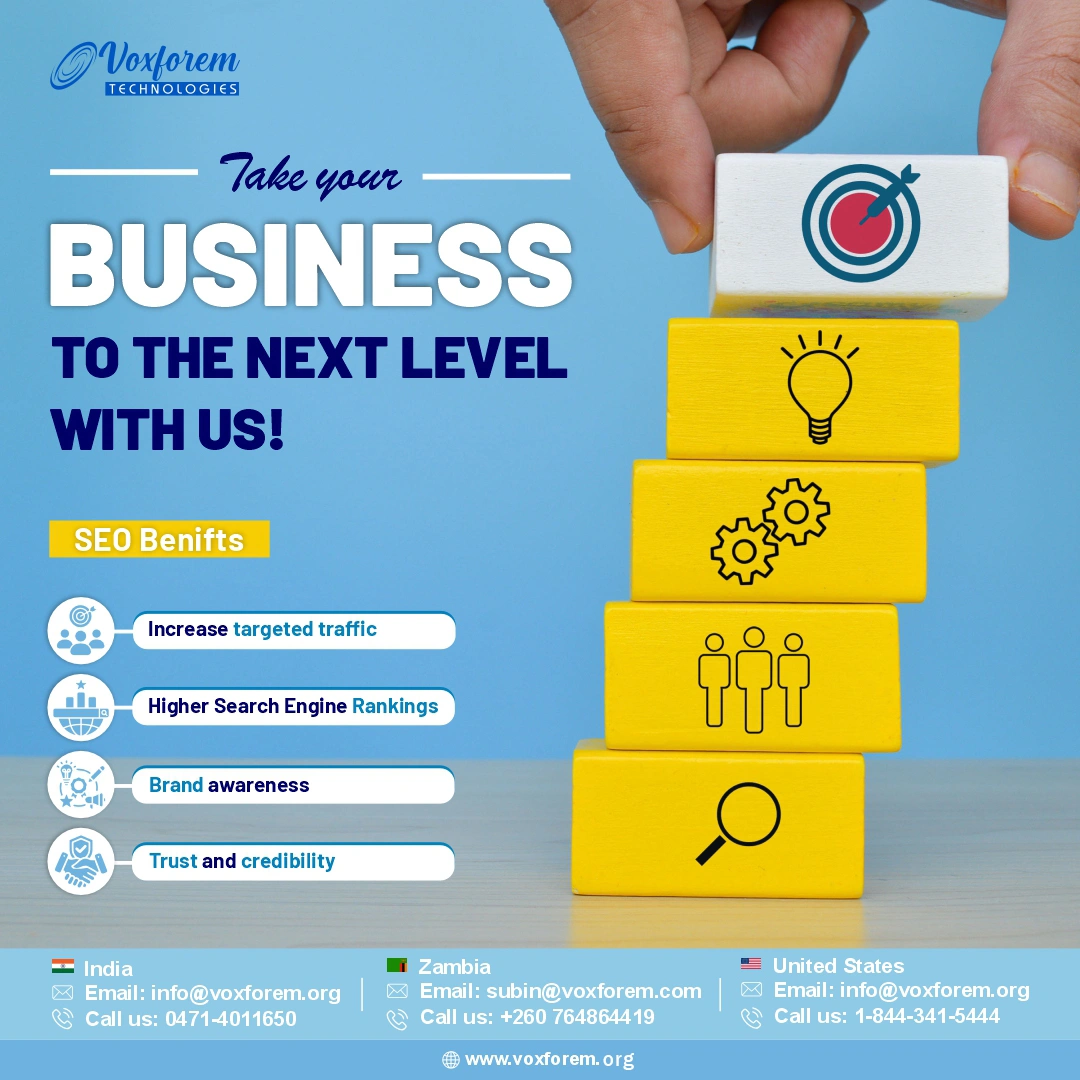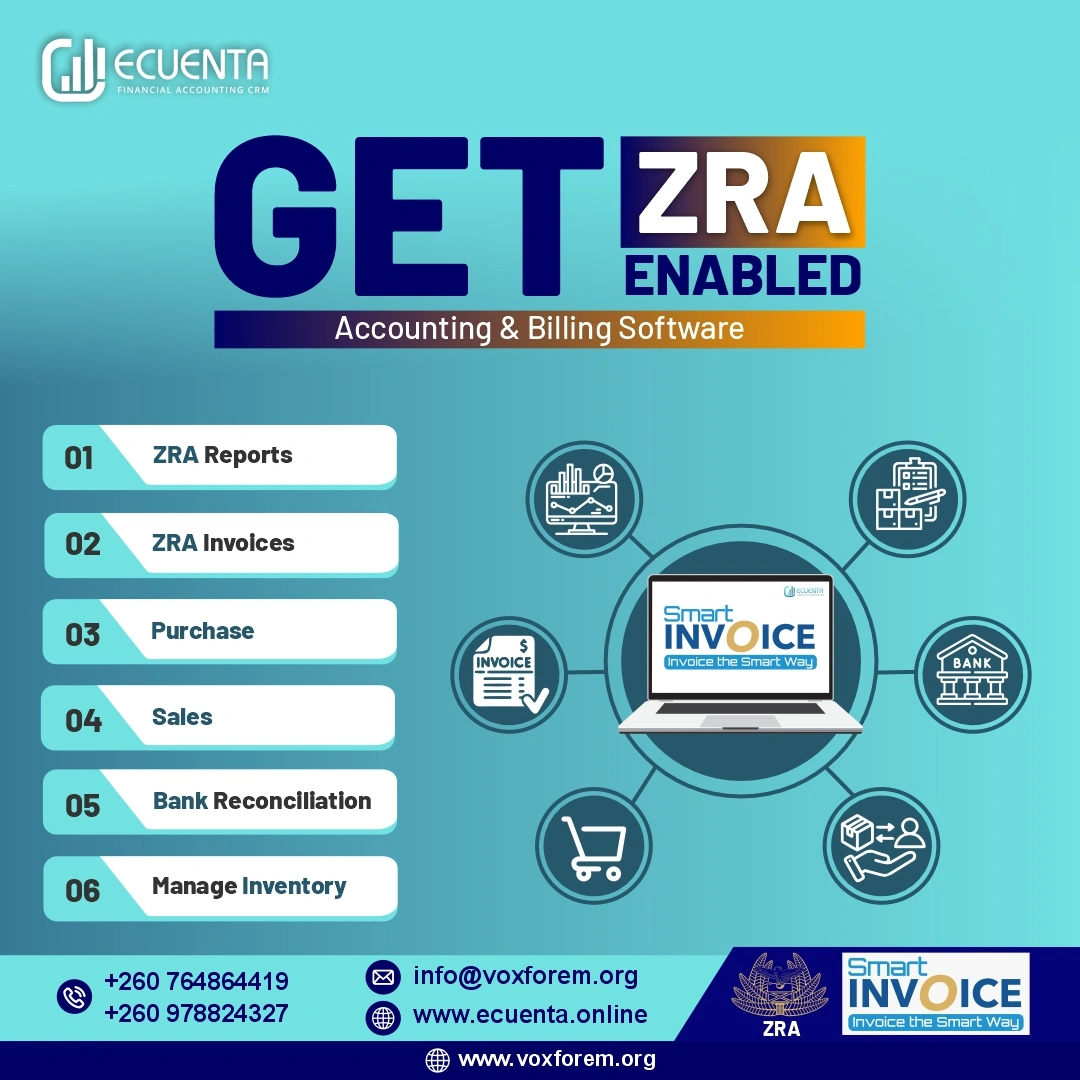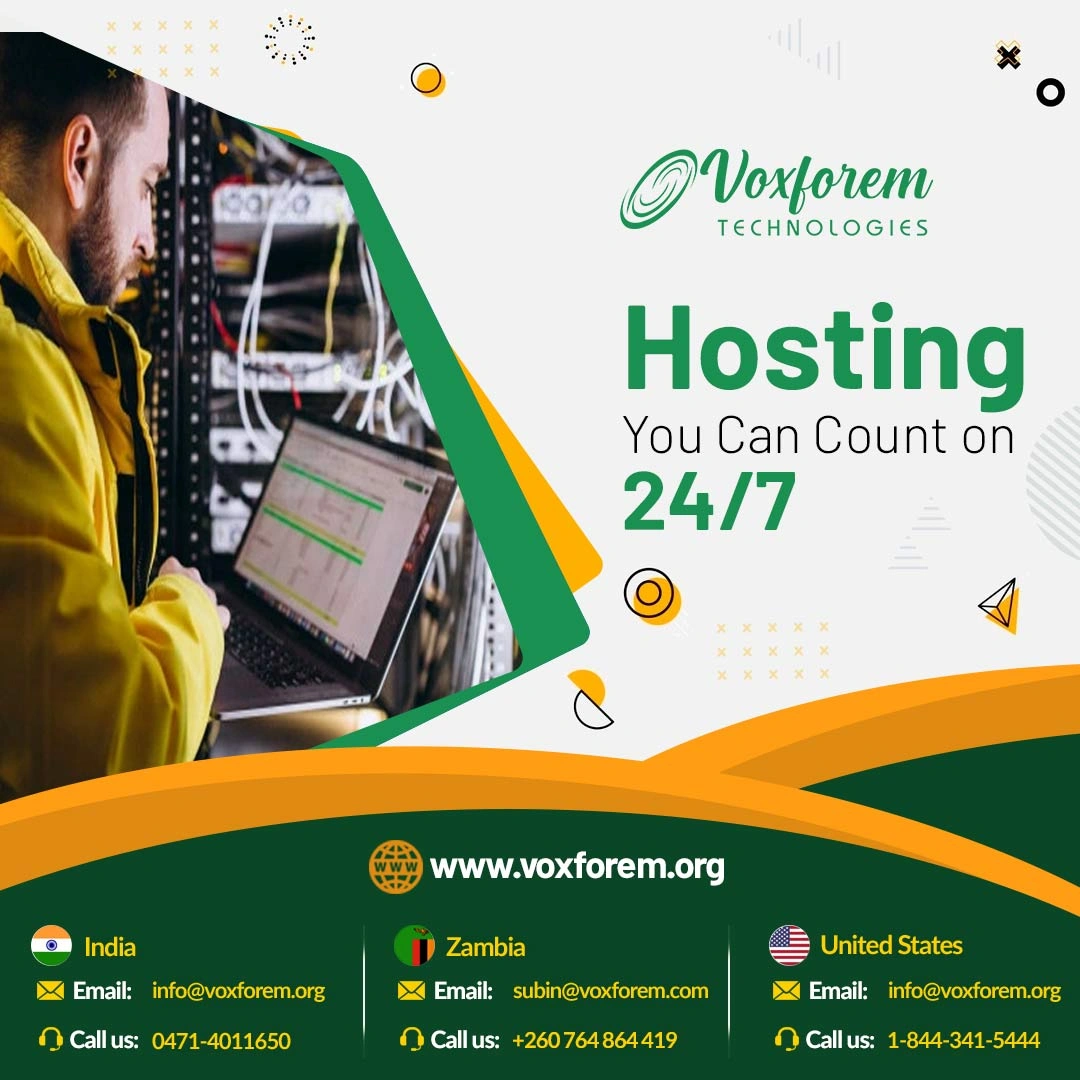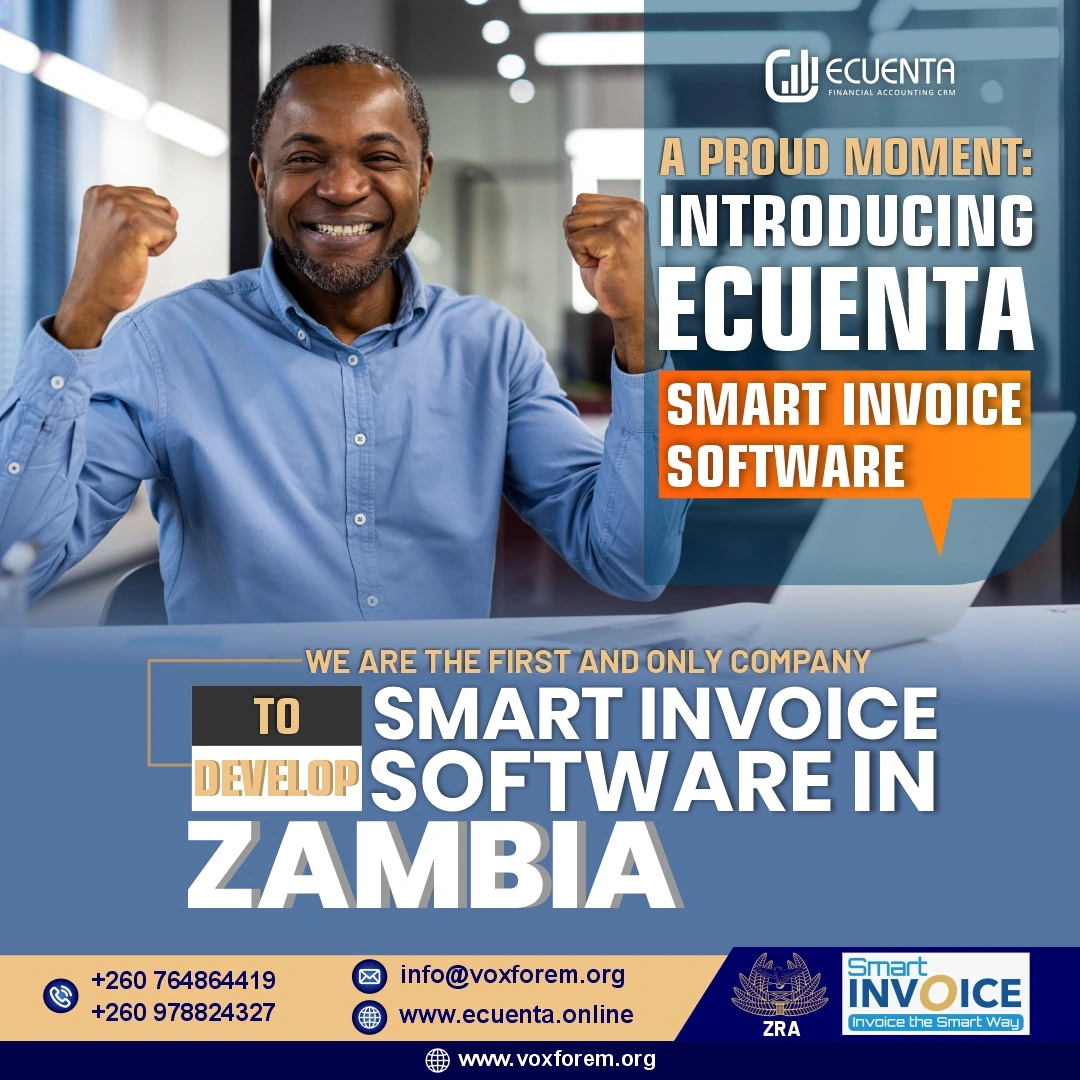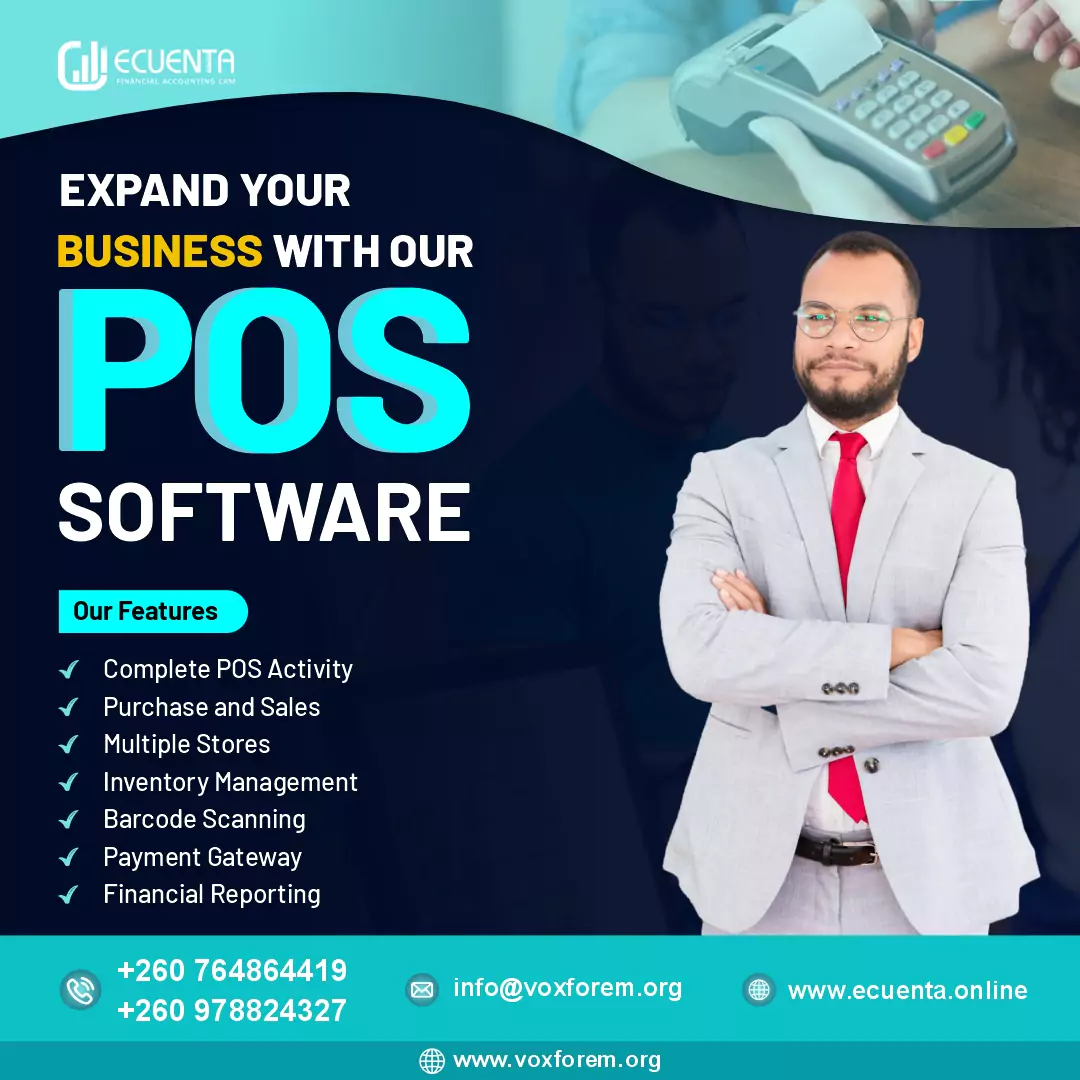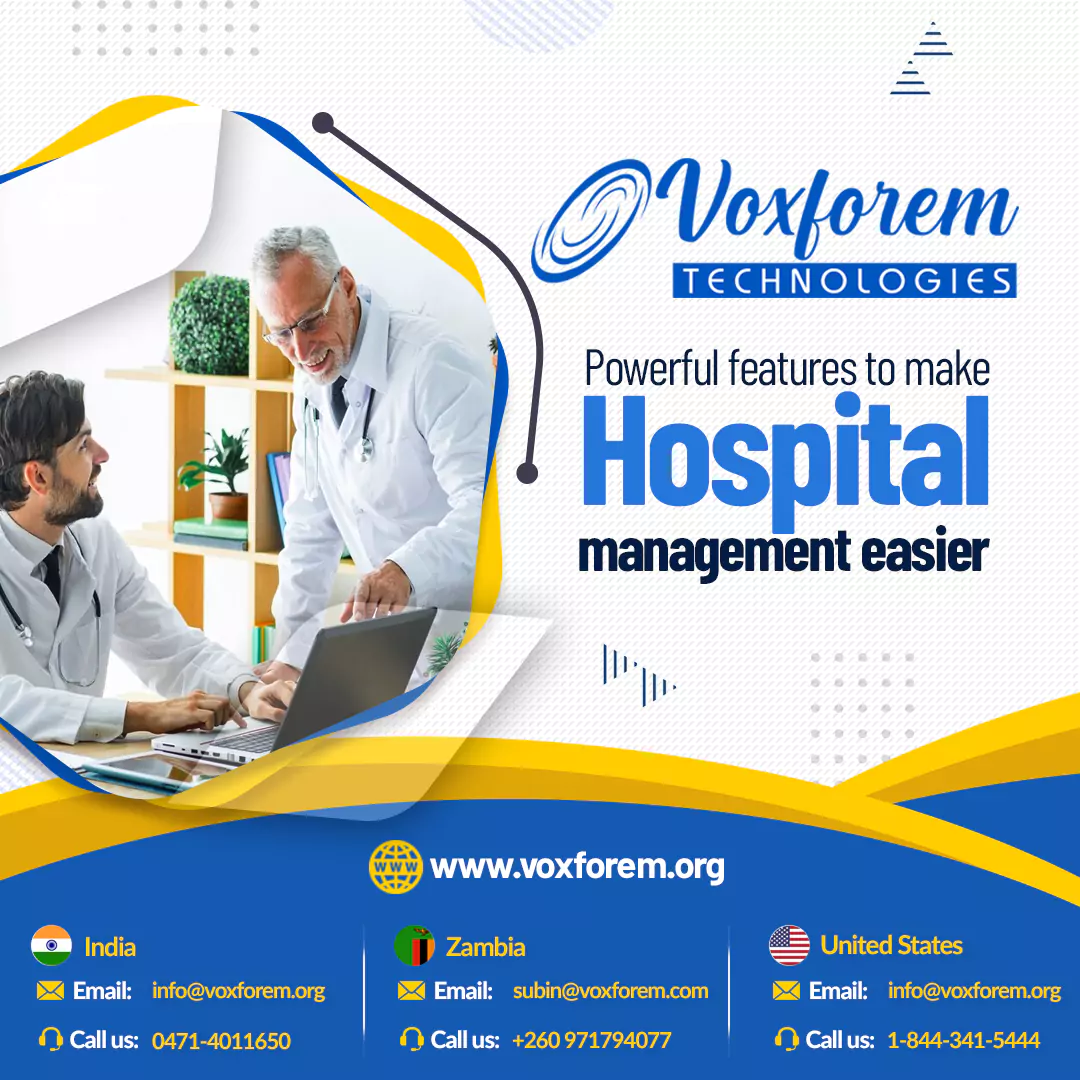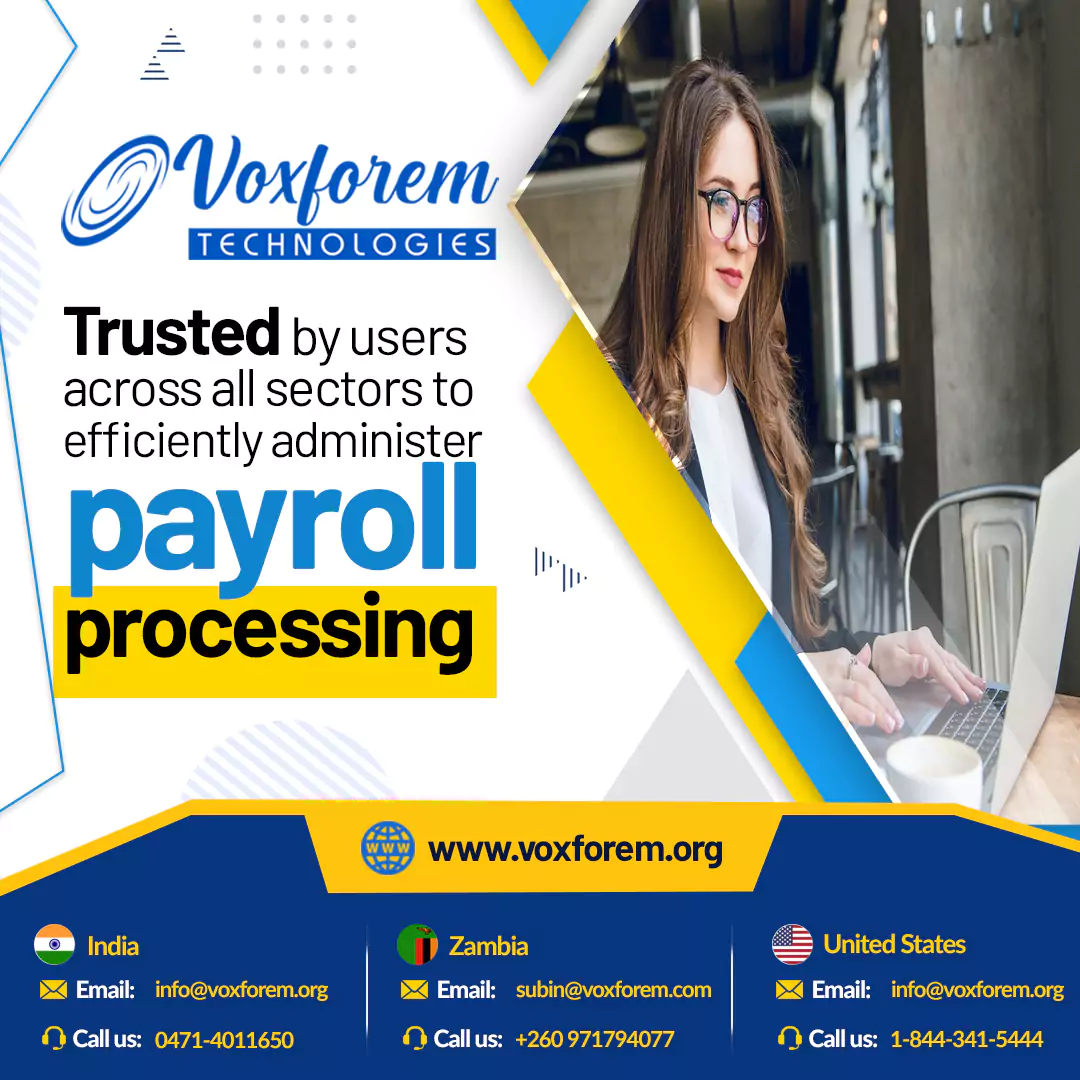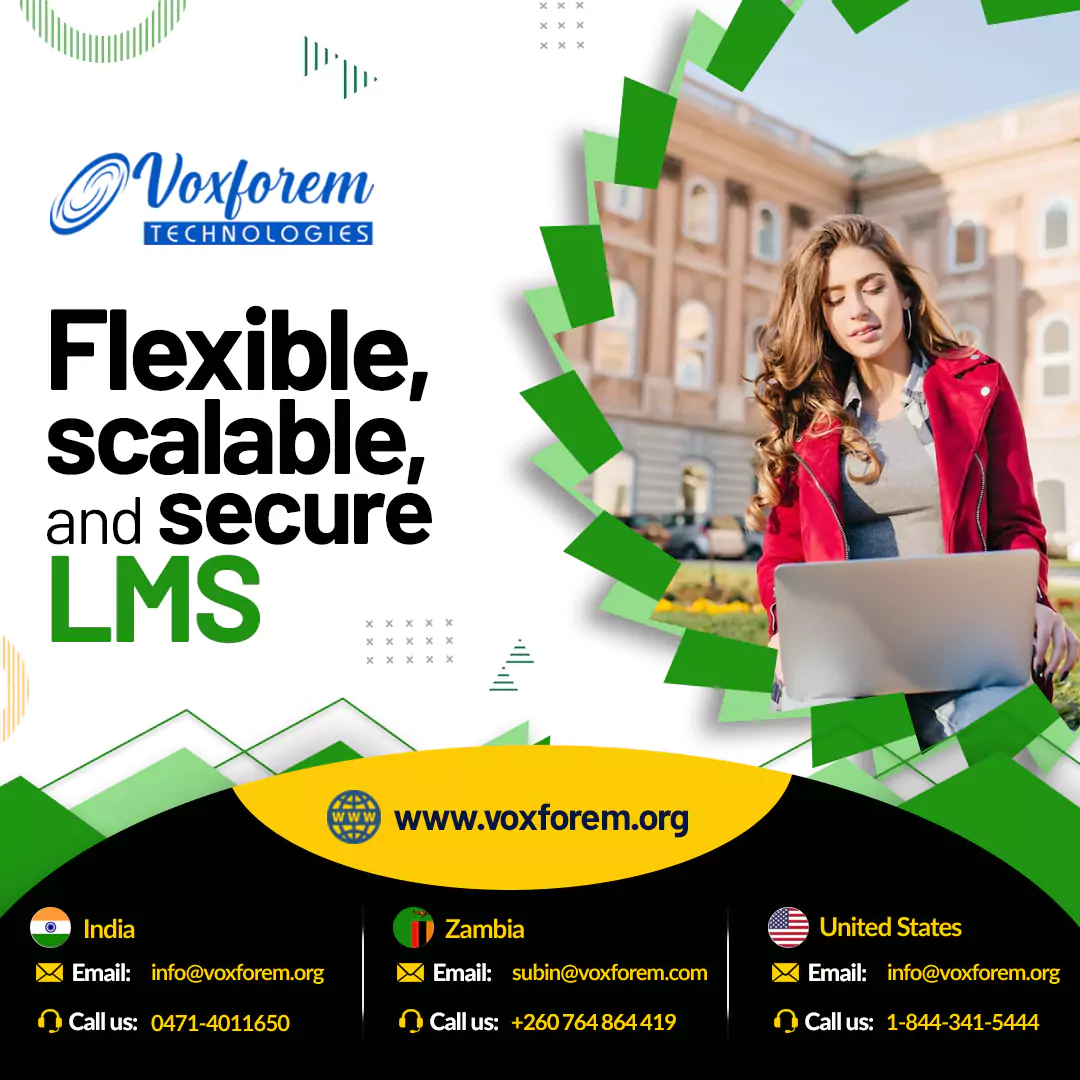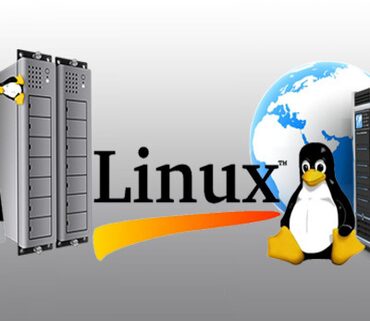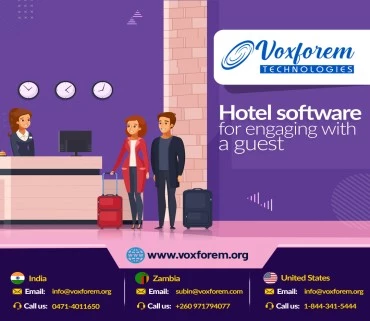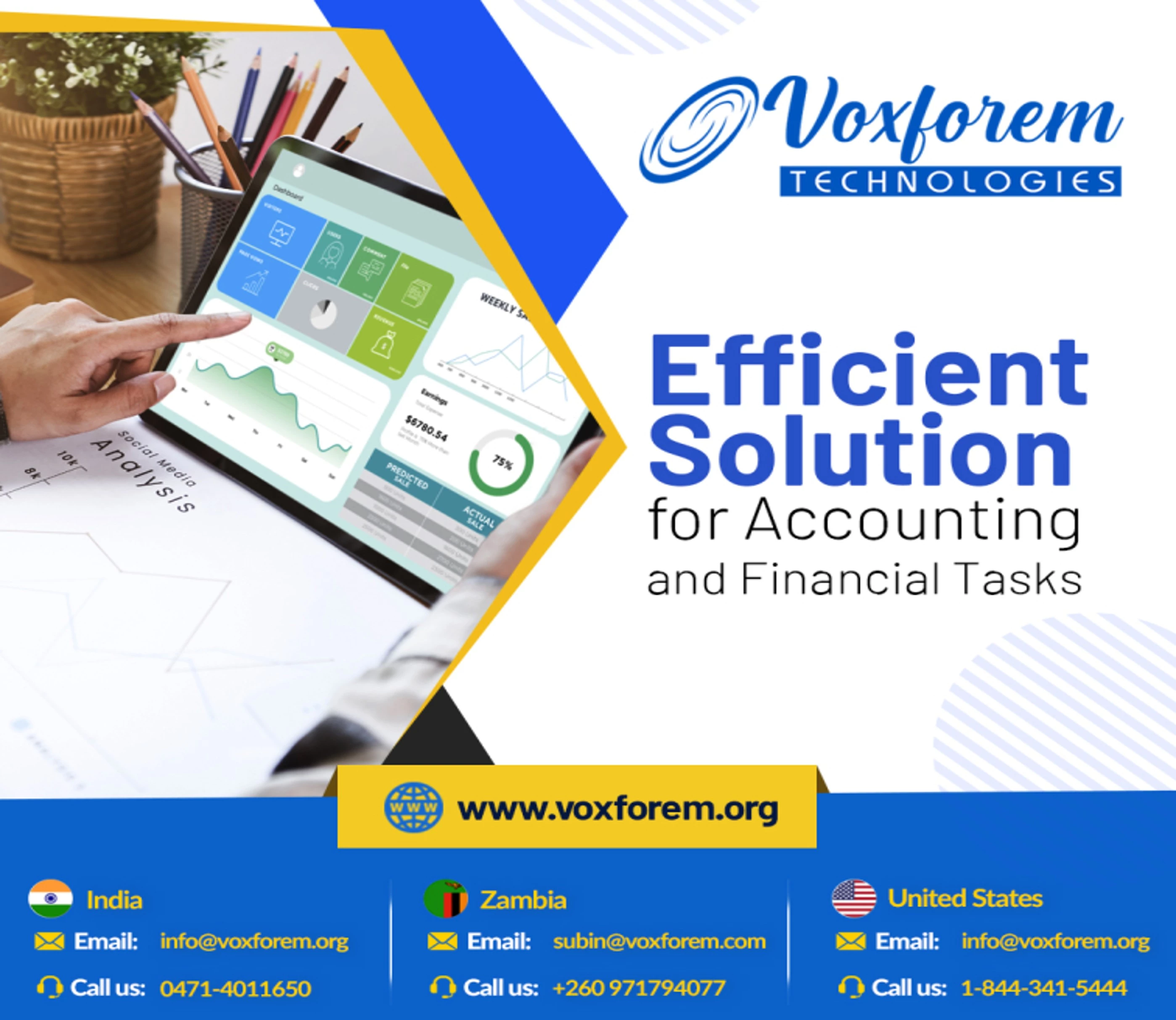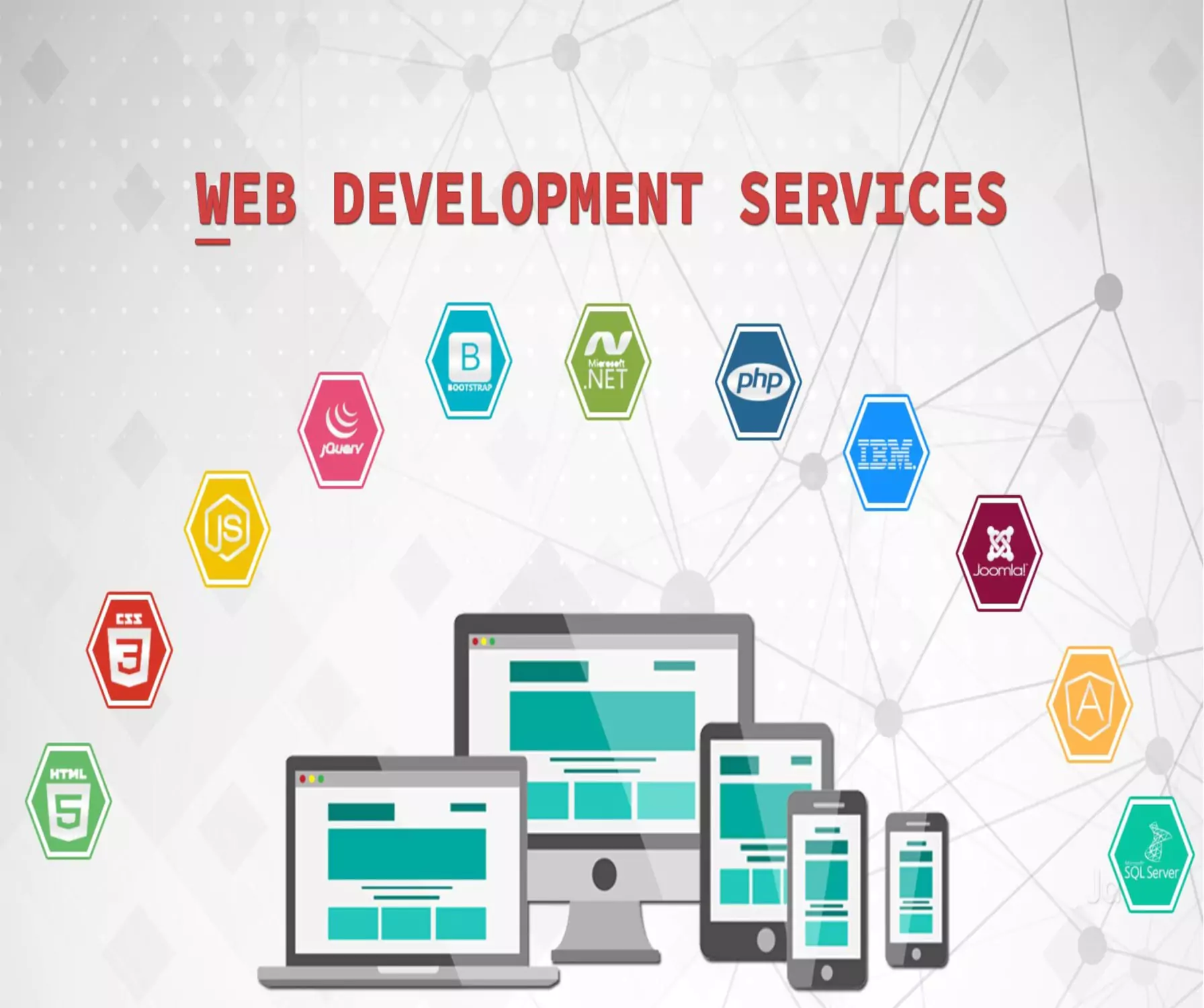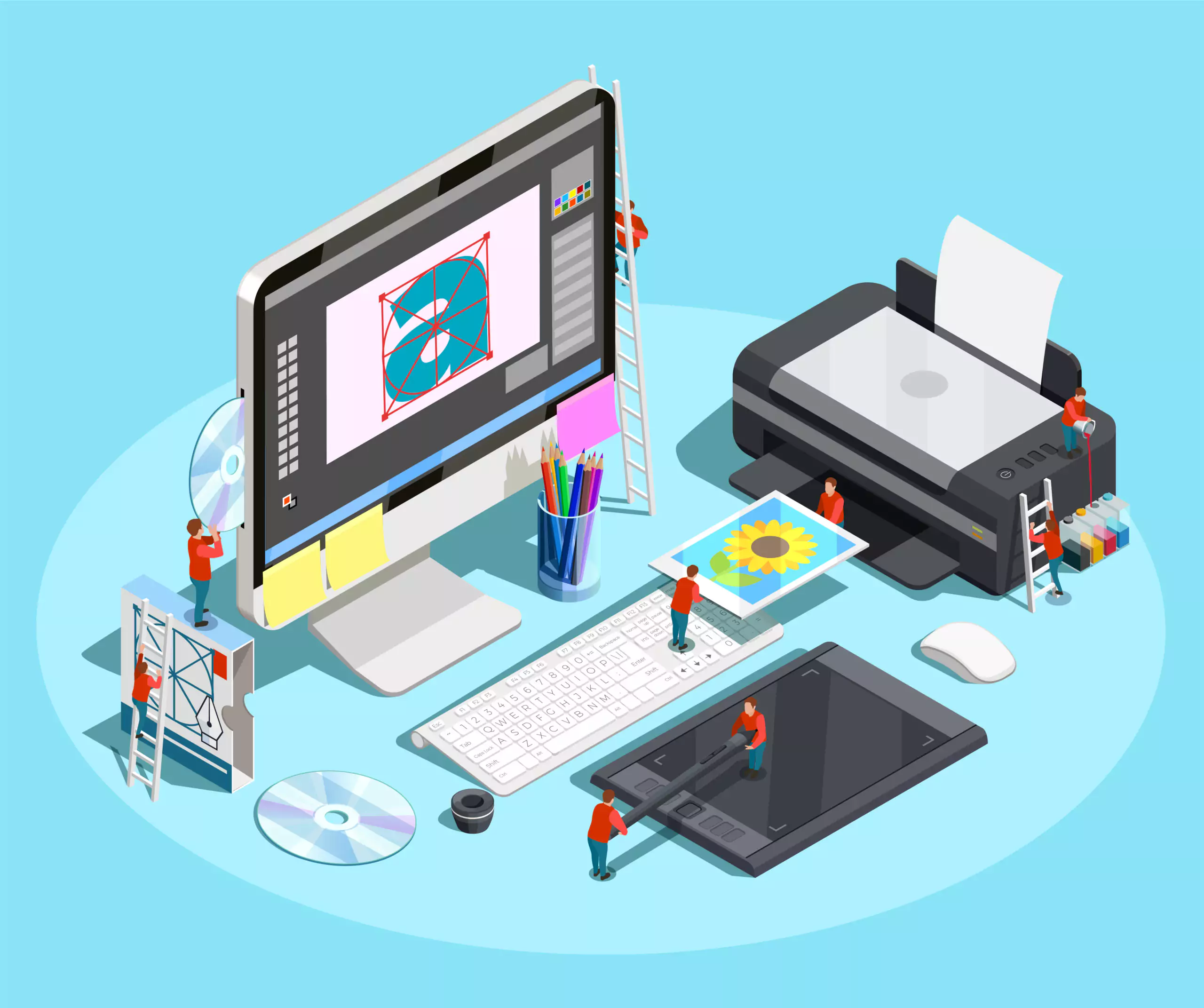ZRA Tax Compliance for ECommerce Businesses in Zambia: A Practical Guide
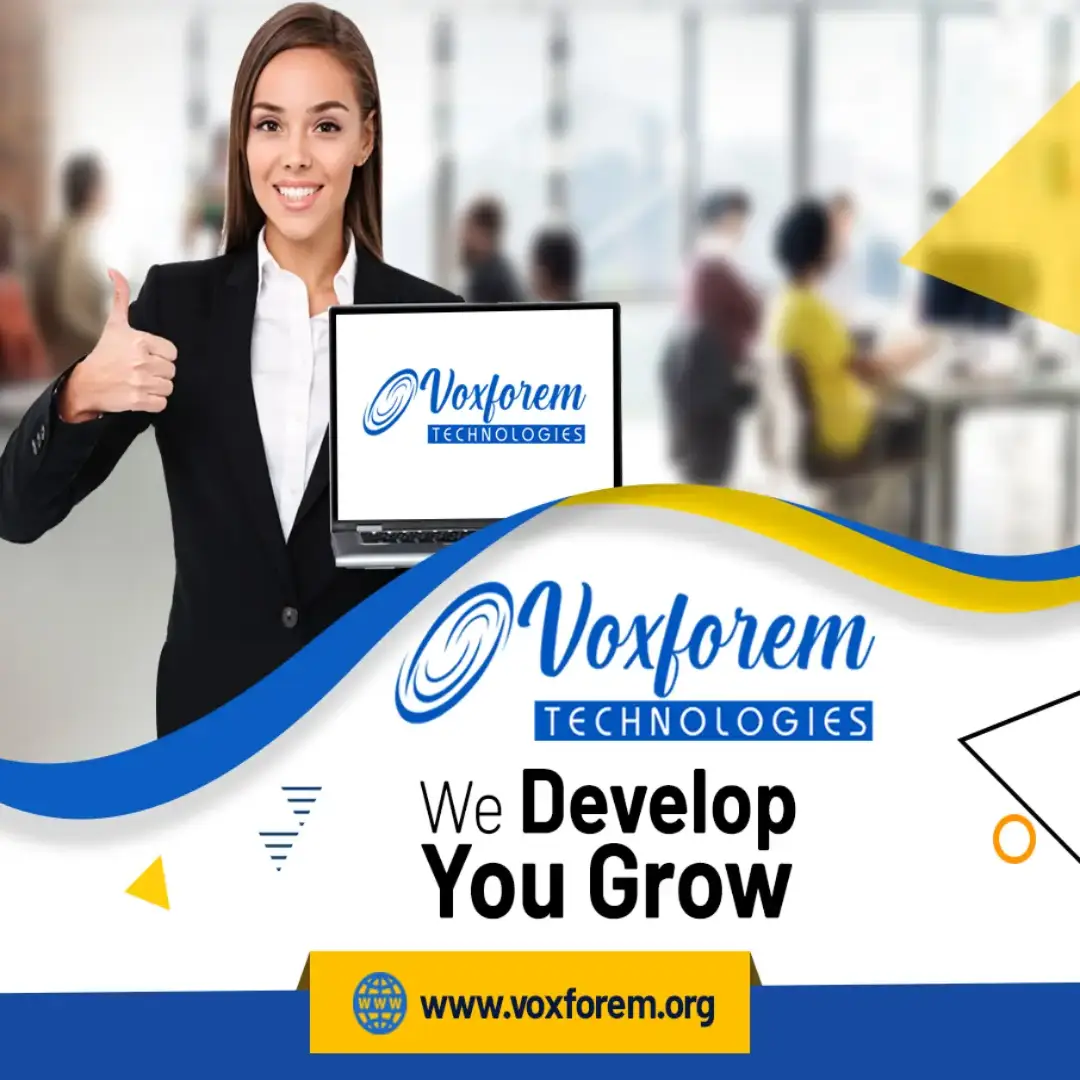
Investing in Your Zambian Business's Future: Why ERP Software is the Smartest Decision You Can Make for Long-Term Success and Sustainability
Zambia's vibrant business environment offers incredible potential, but also presents distinct operational hurdles. As your company expands, relying on disconnected systems can hinder efficiency and impact your bottom line. The answer? Enterprise Resource Planning (ERP) software. This is more than just a tech upgrade; it’s a calculated move to secure long-term success and sustainability within the Zambian market.
What is ERP and Why Does It Matter?
Think of ERP as the command center for your business. It’s a unified suite of applications designed to orchestrate and optimize diverse business activities, linking vital functions into a seamless, integrated structure. Key modules typically encompass:
- 1. Finance and Accounting: Managing your general ledger, payables/receivables, budgets, and financial statements.
- 2. ZRA smart invoice: ERP system integrates ZRA Smart Invoicing for compliant invoicing and tax reporting.
- 3. Supply Chain Management: Optimizing procurement, stock control, warehousing, and delivery operations.
- 4. Manufacturing: Coordinating production timelines, managing material specifications, tracking production orders, and maintaining quality standards.
- 5. Sales and Marketing: Nurturing customer relationships (CRM), coordinating marketing initiatives, and monitoring sales performance.
- 6. Human Resources: Organizing employee information, payroll processing, benefits administration, and talent acquisition.
This integration is crucial because it breaks down information silos, enhances communication, and delivers a clear, comprehensive view of your entire operation. This leads to better-informed decisions, improved productivity, and greater control over your resources.
Why Every Growing Business in Zambia Needs ERP Software
Zambia's evolving economy presents unique circumstances that ERP Softwareis ideally suited to address. Here’s why every expanding business in Zambia should seriously consider ERP:
- 1. Boosting Operational Effectiveness: Many Zambian businesses still operate with fragmented systems, which can lead to inefficiencies, errors, and delays. ERP optimizes these activities, freeing up valuable time and manpower.
- 2. Gaining Clear Insights: ERP delivers a consolidated perspective of your business, allowing you to monitor key performance indicators (KPIs) and pinpoint areas for improvement.
- 3. Supporting Expansion: As your business scales, managing activities with outdated approaches becomes increasingly difficult. ERP offers the scalability and adaptability needed to support your growth path.
- 4. Sharpening Your Competitive Edge: In an increasingly competitive landscape, ERP helps you optimize operations, lower expenses, and elevate customer service, giving you a distinct advantage.
- 5. Adapting to Market Dynamics: ERP systems are designed to be adaptable, enabling you to respond swiftly to evolving market conditions and regulatory changes.
- 6. Enabling Geographic Reach: Planning to establish another location in Kitwe? Or expand into Ndola? ERP facilitates management of multi-location inventory, accounting, and reporting.
How ERP Software Helps to Tackle Business Challenges
Let’s examine specific operational challenges and how ERP offers practical solutions:
1. Inventory Management:
- - Challenge: Stock shortages, excess inventory, and inaccurate stock records.
- - ERP Solution: Up-to-the-minute stock monitoring, streamlined stock replenishment, and demand forecasting.
2. Supply Chain Management:
- - Challenge: Slowdowns, disruptions, and limited clarity within the supply network.
- - ERP Solution: Enhanced procurement procedures, improved supplier partnerships, and real-time monitoring of shipments.
3. Financial Management:
- - Challenge: Inaccurate financial statements, difficulty monitoring expenditures, and adherence to compliance standards.
- - ERP Solution: Optimized financial processes, real-time financial reporting, and integrated compliance features.
4. Customer Relationship Management:
- - Challenge: Subpar customer support, missed sales opportunities, and difficulty tracking customer interactions.
- - ERP Solution: Centralized customer data, coordinated marketing campaigns, and improved customer service capabilities.
5. Production Planning & Scheduling:
- - Challenge: Production delays, material shortages, and inefficient resource allocation.
- - ERP Solution: Demand forecasting, capacity assessment, and streamlined production coordination.
6. Why ERP is the Intelligent Investment for Long-Term Success
Investing in ERP is not just about resolving immediate issues; it’s about establishing a solid platform for lasting success and sustainability. Here's why:
- 1. Elevated Effectiveness and Output: Streamlined activities, fewer errors, and enhanced communication result in significant gains in effectiveness and output.
- 2. Insights-Driven Decision Making: Instant access to reliable data empowers you to make well-informed decisions and refine your business activities.
- 3. Lower Operating Costs: Optimized inventory, streamlined supply networks, and fewer errors translate into considerable cost reductions.
- 4. Greater Customer Loyalty: Faster order processing, superior customer support, and personalized interactions lead to increased customer loyalty.
- 5. Improved Scalability: ERP systems are designed to evolve with your business, providing the adaptability and scalability required to support your long-term growth strategies.
- 6. Robust Compliance: Stay compliant with evolving regulations with built-in compliance tools.
- Enhanced Attractiveness to Investors: A well-run business with transparent financial reporting and efficient operations is more appealing to investors. ERP provides the framework for this.
- 7. Compliance with ZRA Smart Invoicing: Ensure seamless integration with Zambia Revenue Authority (ZRA) Smart Invoicing regulations. A modern ERP system facilitates accurate and timely submission of sales data to the ZRA, avoiding penalties and ensuring compliance.
What Industries Benefit from ERP Systems?
ERP systems are not limited to one sector. Here are some industries in Zambia that can significantly benefit:
- 1. Manufacturing ERP systems streamline production planning, inventory management, and quality control, helping manufacturers reduce waste and improve efficiency.
- 2. Retail and Wholesale Distribution Retailers use ERP for real-time inventory tracking, sales management, and customer relationship management (CRM) to enhance customer satisfaction.
- 3. Agriculture and Agribusiness ERP software helps agribusinesses monitor crop yields, manage supply chains, and ensure compliance with regulations, boosting productivity and sustainability.
- 4. Mining and Natural Resources Mining companies leverage ERP for resource tracking, equipment maintenance, and regulatory compliance, improving operational efficiency and profitability.
- 5. Construction and Engineering ERP systems assist construction firms in project management, resource allocation, and cost tracking, ensuring projects are completed on time and within budget.
- 6. Healthcare Healthcare providers use ERP Software to manage patient records, medical supplies, and billing, enhancing patient care and operational efficiency.
- 7. Education Educational institutions benefit from ERP Software for student information management, financial planning, and resource allocation, improving administrative efficiency.
- 8. Hospitality and Tourism ERP software helps hotels and tour operators manage reservations, track customer preferences, and optimize operations for better guest experiences.
- 9. Financial Services Banks and insurance companies use ERP Software for customer management, risk analysis, and regulatory compliance, ensuring secure and efficient operations.
- 10. Non-Profit Organizations Non-profits leverage ERP for donor management, project tracking, and financial reporting, ensuring transparency and effective resource utilization.
Choosing the Right ERP Solution for Your Zambian Business
Selecting the right ERP software is crucial for maximizing its benefits. Here are some factors to consider when choosing an ERP solution for your Zambian business:
- 1. Assess Your Needs: Identify specific business requirements the ERP must address.
- 2. Industry-Specific Solutions: Choose an ERP tailored to your industry for relevant features.
- 3. Scalability: Ensure the system can grow with your business.
- 4. Integration: Confirm compatibility with existing software (e.g., accounting, e-commerce).
- 5. Vendor Reputation: Select a reliable vendor with strong support and local experience.
- 6. Cost and ROI: Analyze total costs (licenses, implementation, maintenance) and potential ROI.
- 7. Deployment Options: Decide between cloud (lower cost, easier maintenance) or on-premise (more control).
Choose wisely to ensure a successful ERP implementation tailored to your Zambian business.
Why Choose Voxforem’s ERP Solution for Your Zambian Business
- 1. Tailored for Zambia: Designed to meet local needs, including ZRA compliance and Smart Invoicing integration.
- 2. Comprehensive Features: Financial management, inventory tracking, CRM, procurement, and HR in one platform.
- 3. Scalability: Grows with your business, from startups to large enterprises.
- 4. User-Friendly: Intuitive interface for quick adoption and maximum productivity.
- 5. Real-Time Data: Advanced analytics for informed, data-driven decisions.
- 6. Local Support: Dedicated assistance tailored to Zambia’s business environment.
- 7. Cost-Effective: Affordable pricing with long-term savings through automation.
- 8. Enhanced Compliance: Ensures adherence to ZRA guidelines, reducing penalties.
- 9. Improved Customer Relationships: Integrated CRM for better customer engagement and loyalty.
- 10. Future-Proof Technology: Cloud-based system for flexibility and adaptability in a changing market.
Conclusion
Investing in ERP software is one of the smartest decisions a growing business in Zambia can make. From streamlining operations and enhancing financial management to improving customer relationships and ensuring regulatory compliance, ERP systems offer numerous benefits that drive long-term success and sustainability. As the Zambian economy continues to evolve, businesses that embrace ERP software will be better equipped to navigate the complexities of the modern business environment and achieve sustainable growth. Whether you’re a small startup or a growing enterprise, now is the time to invest in ERP software and secure your business’s future. By choosing the right ERP solution, you can overcome operational challenges, gain a competitive edge, and build a sustainable business model that thrives in the 21st century.




